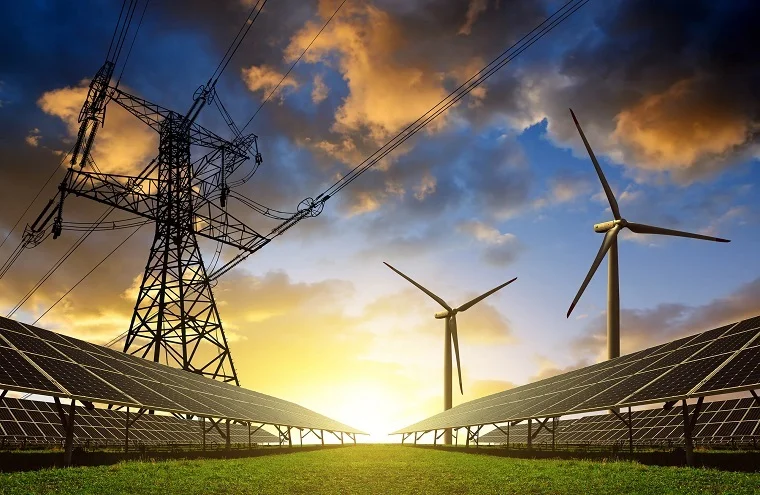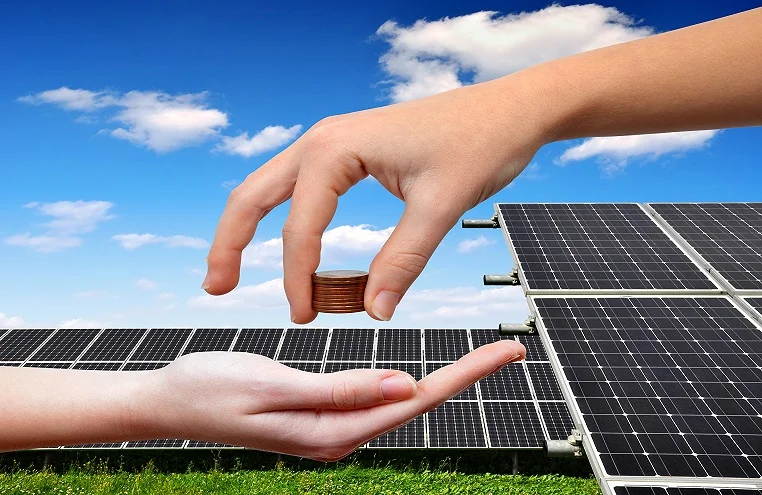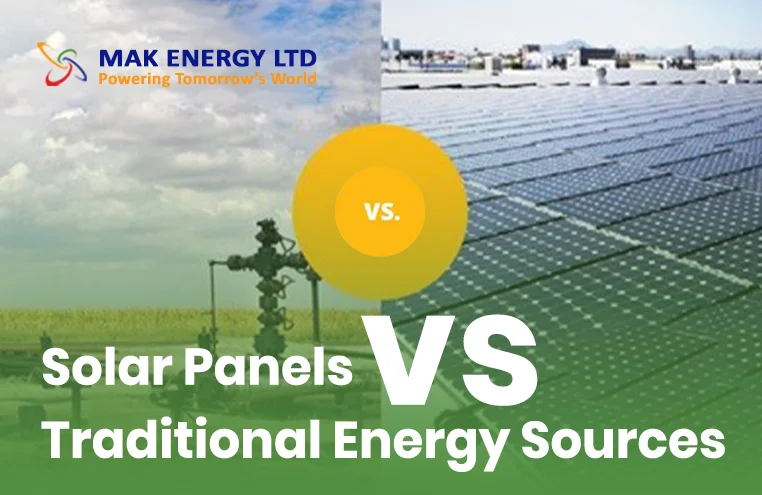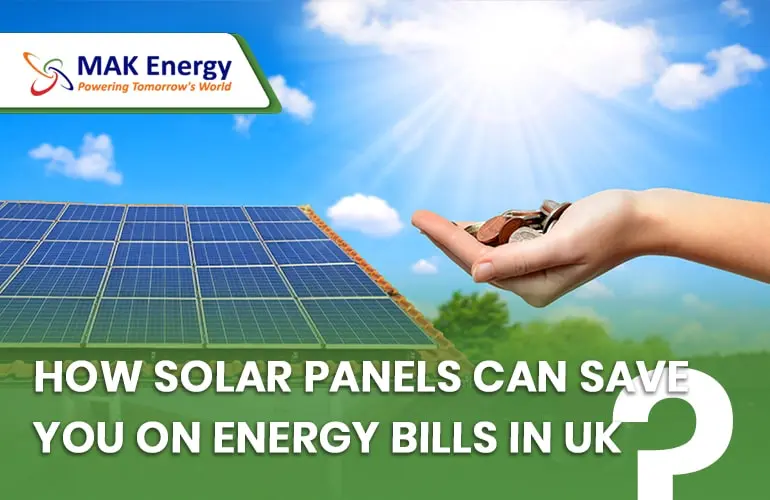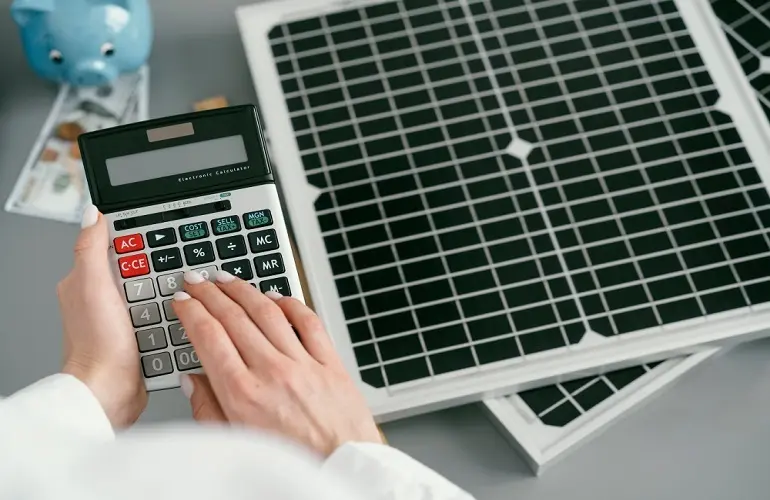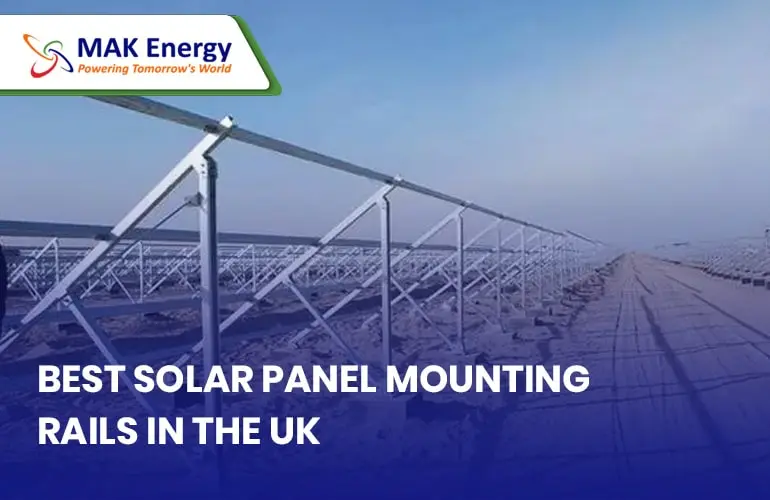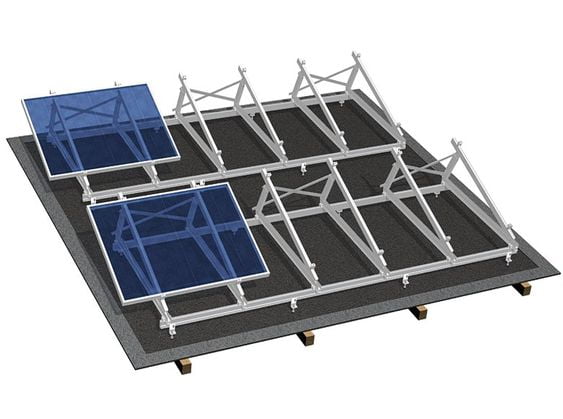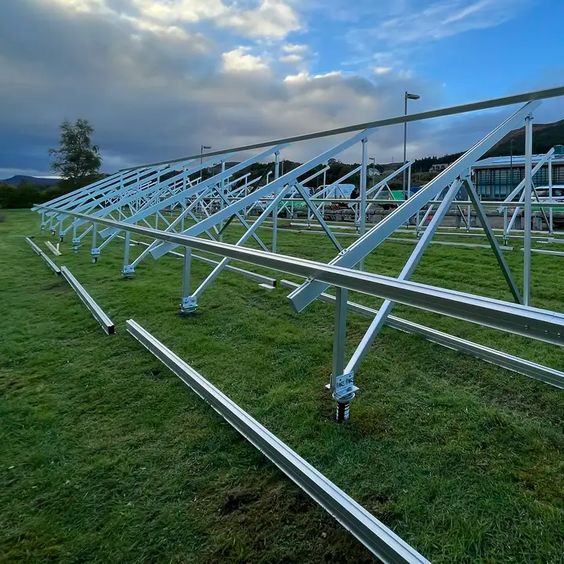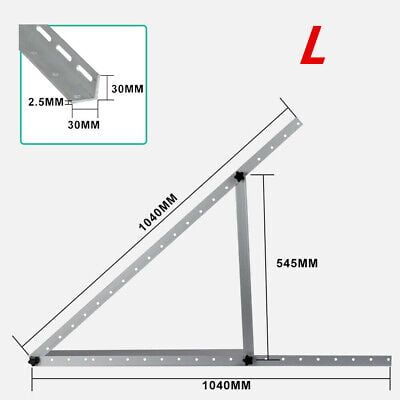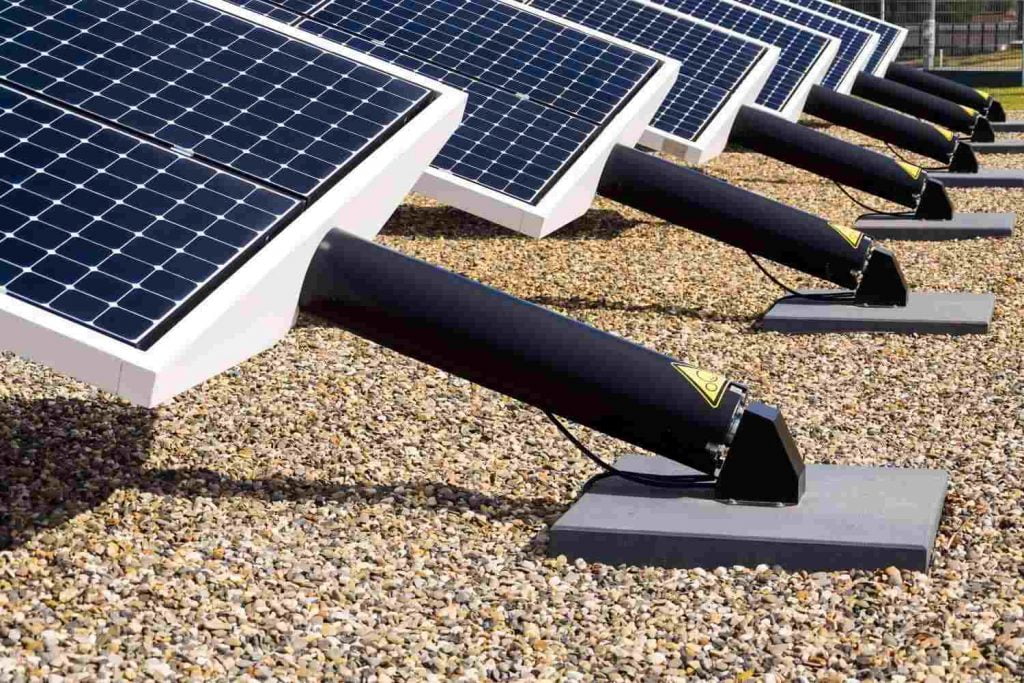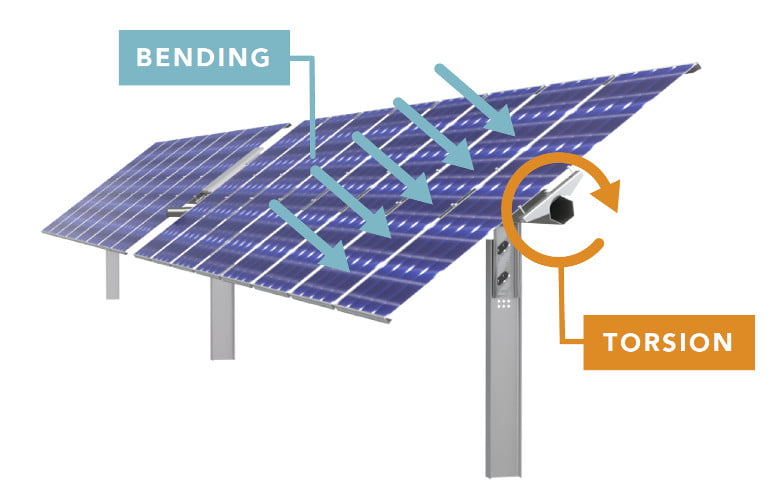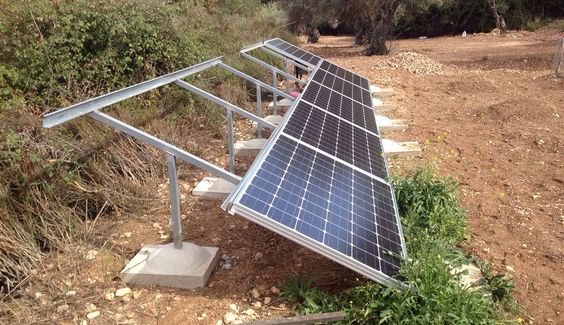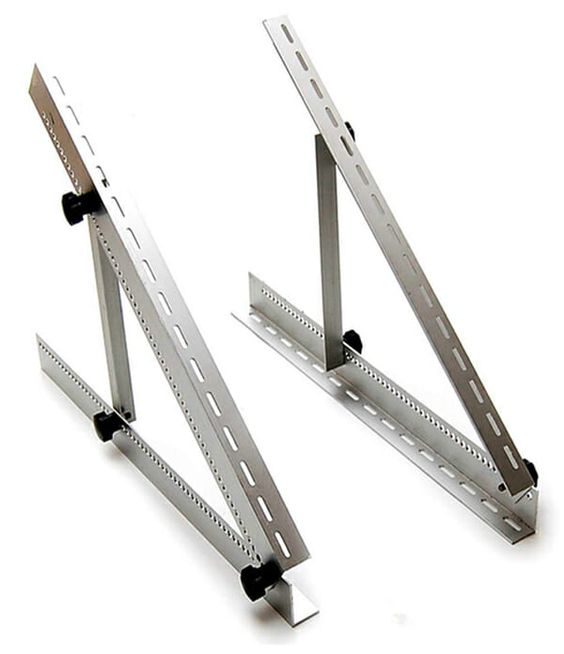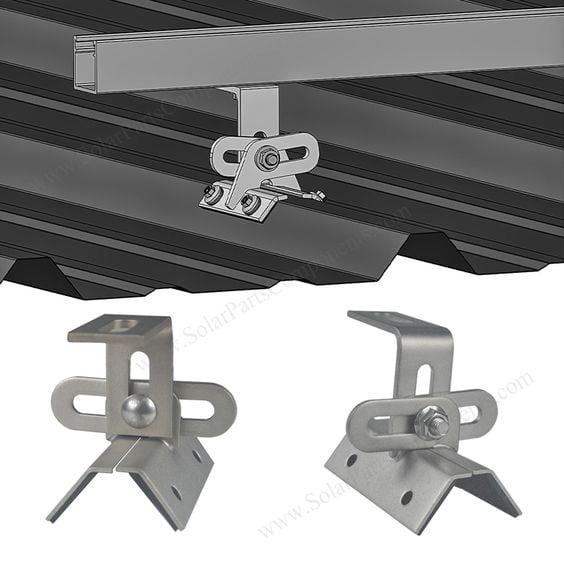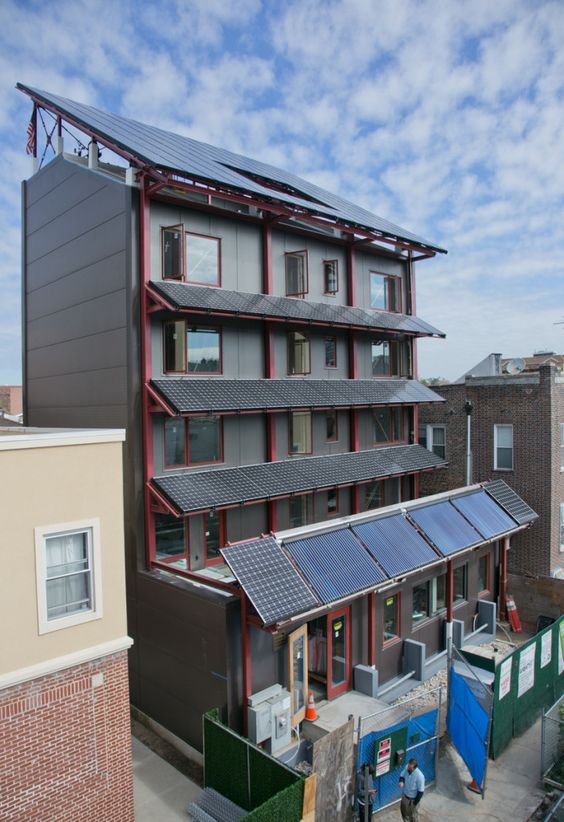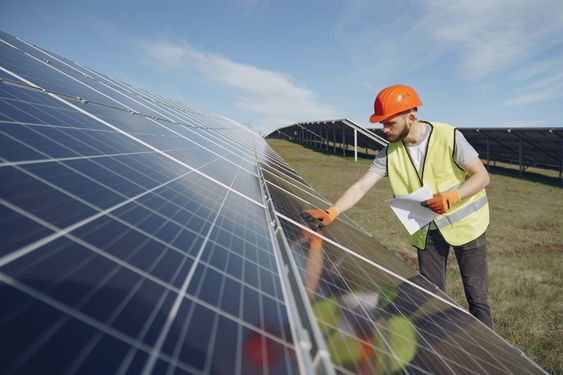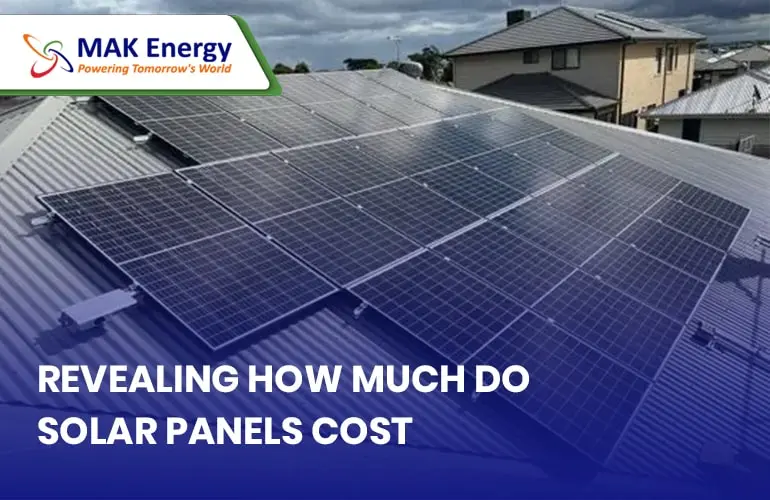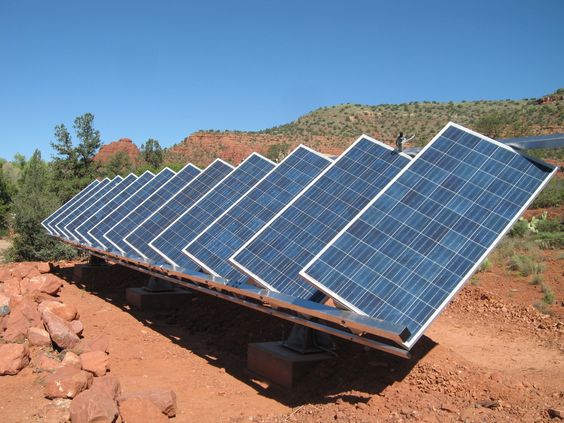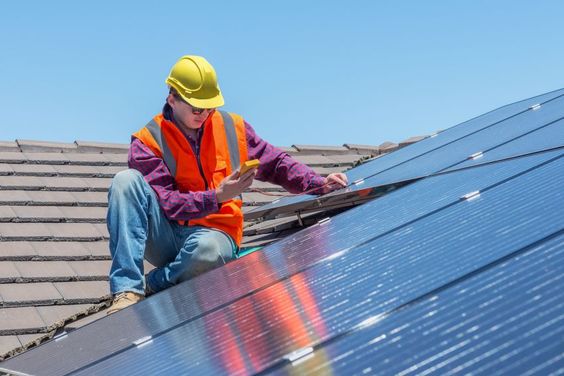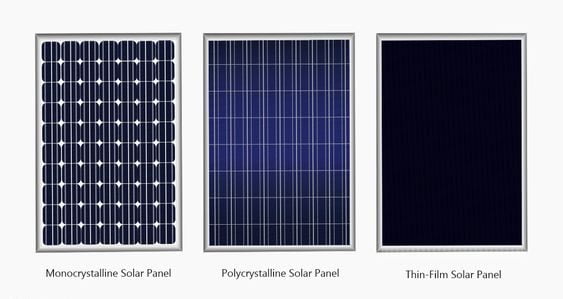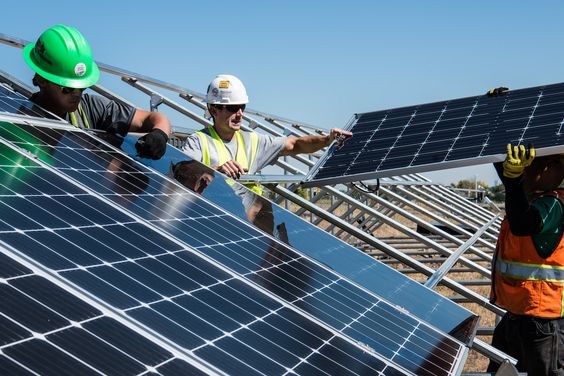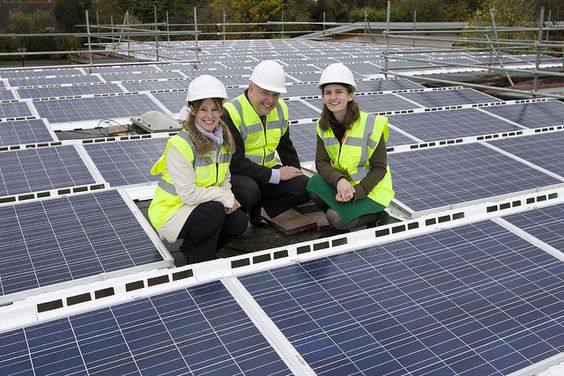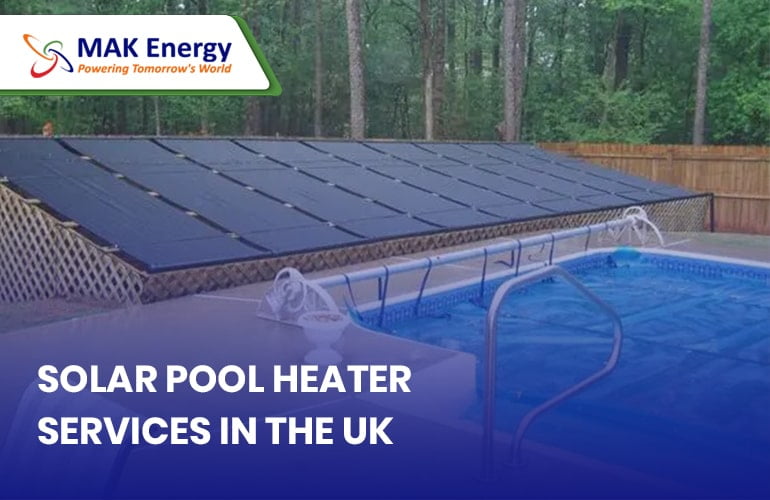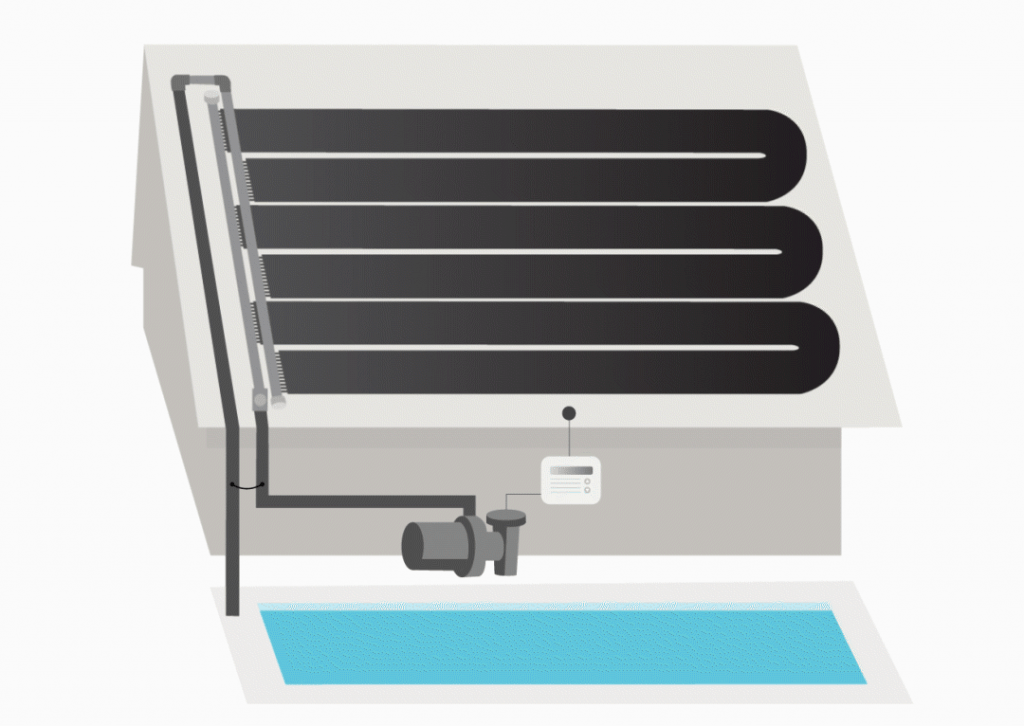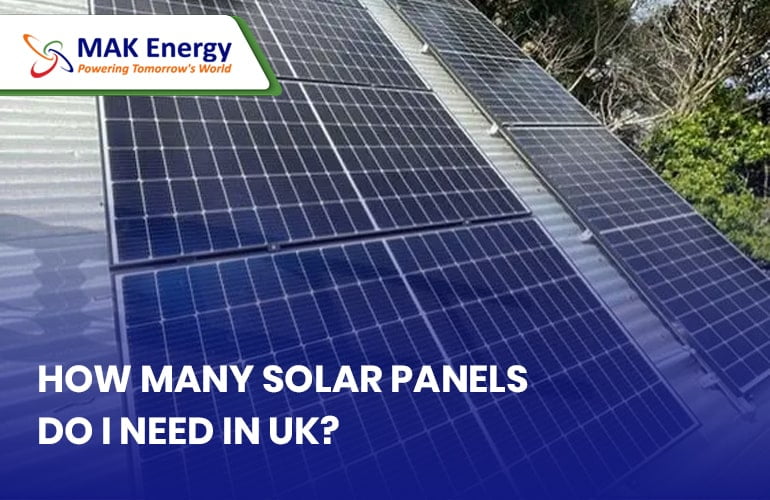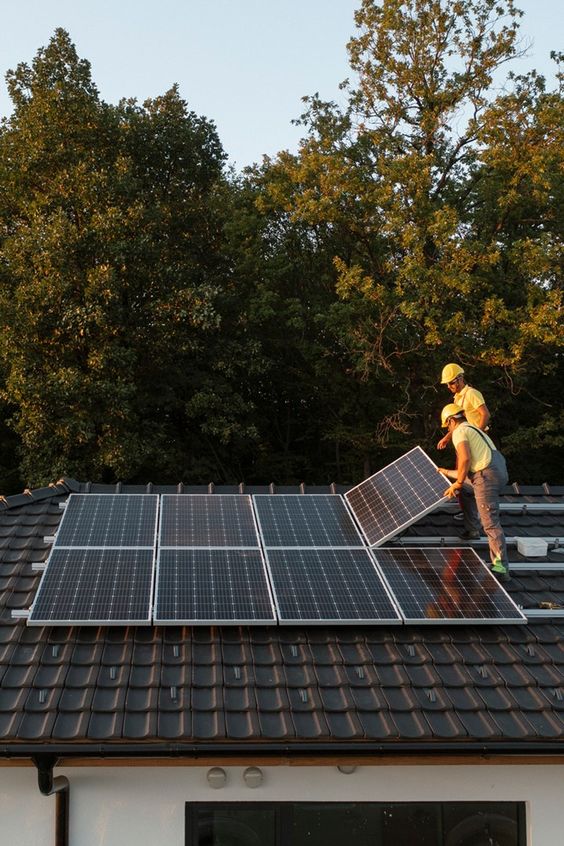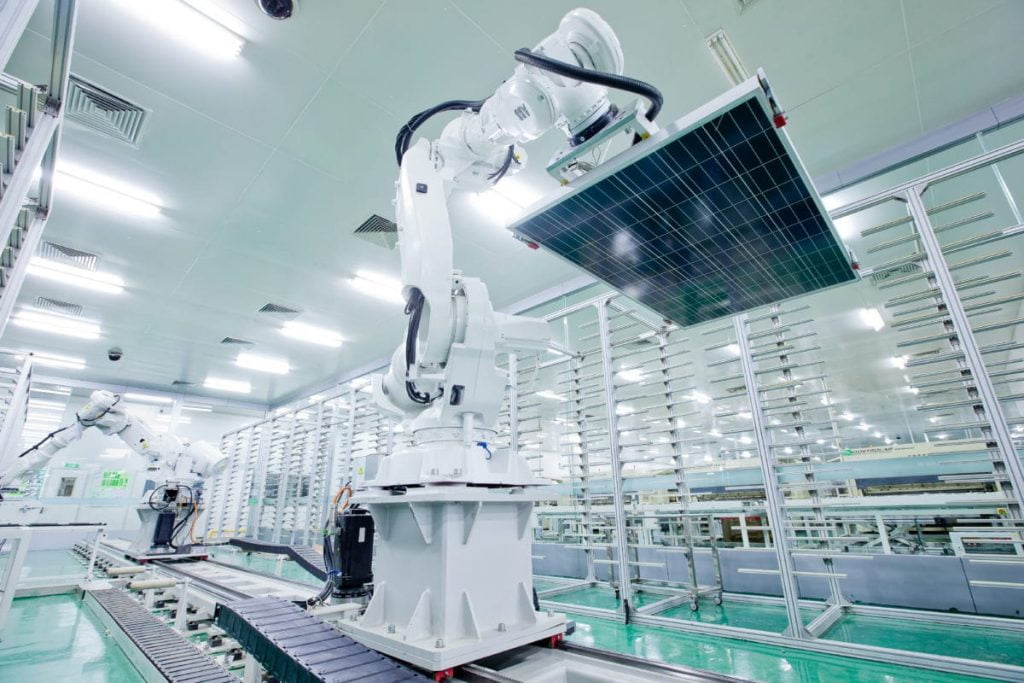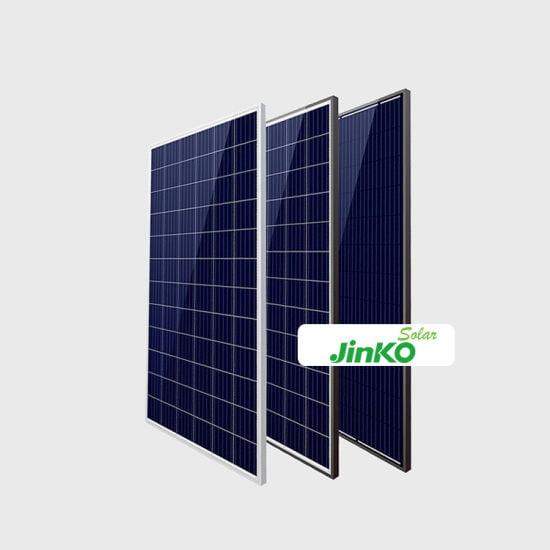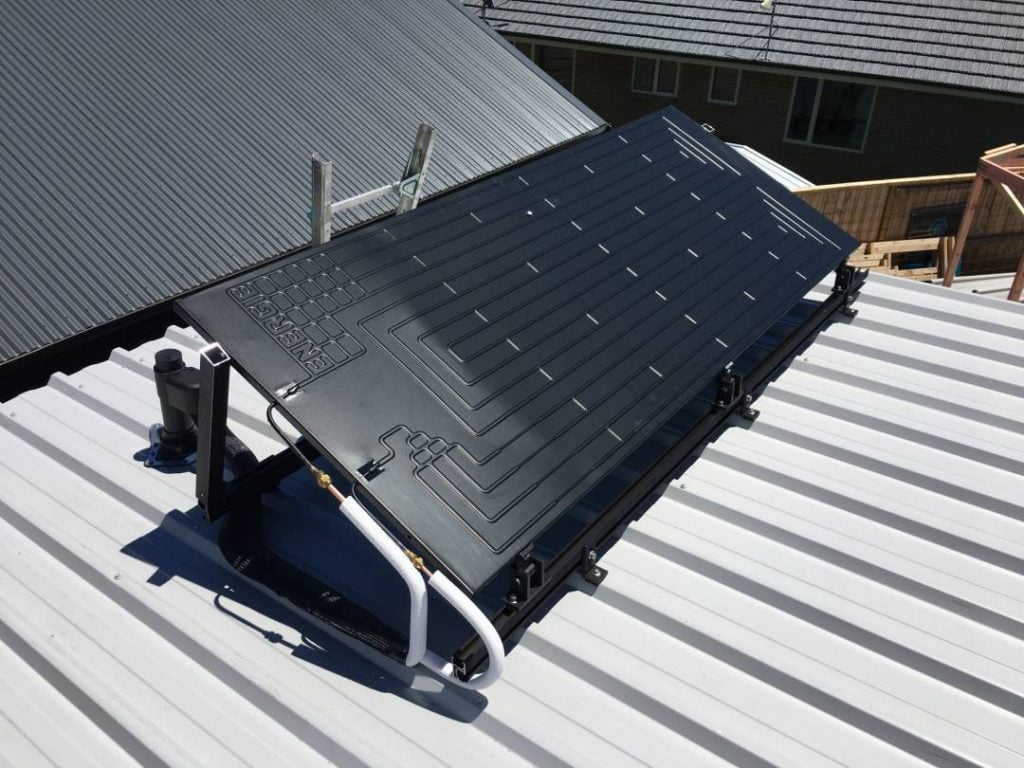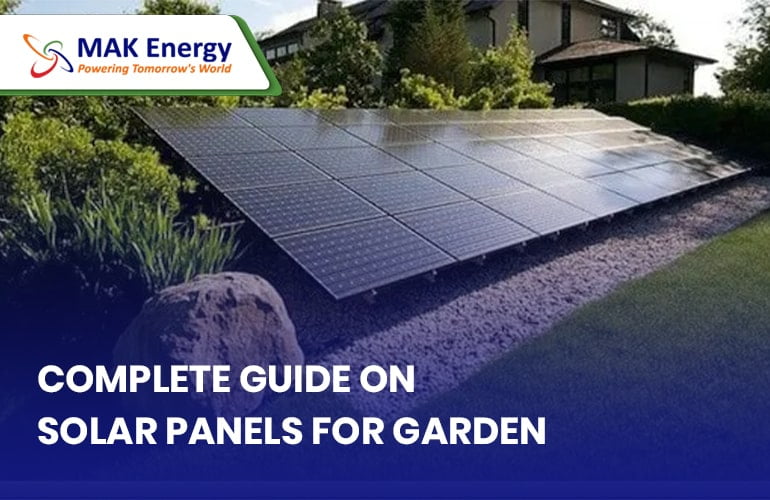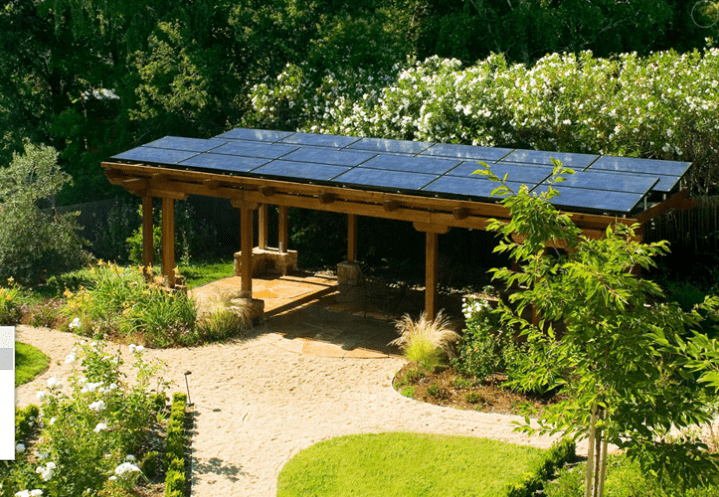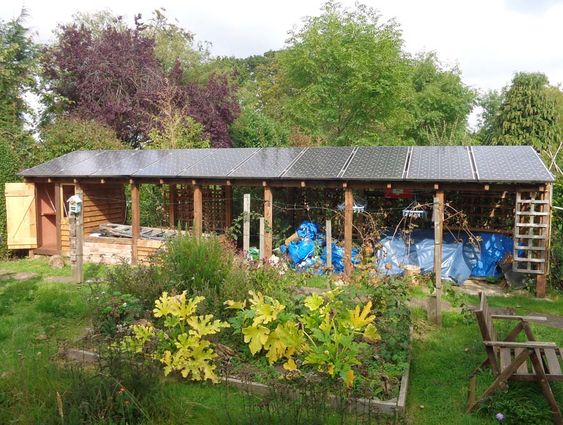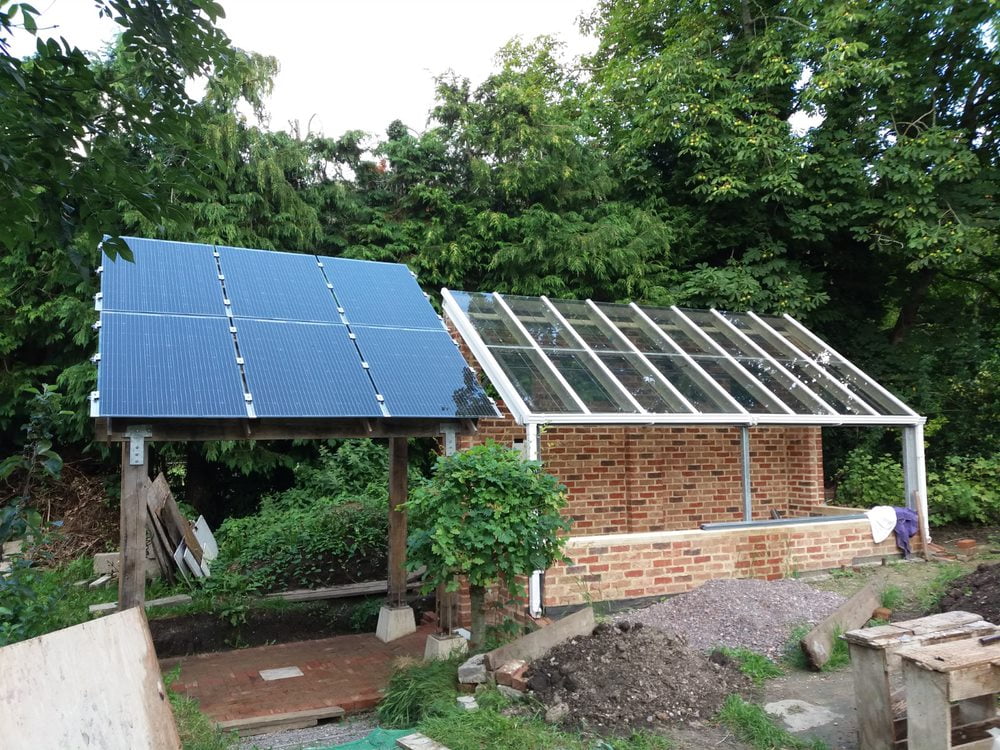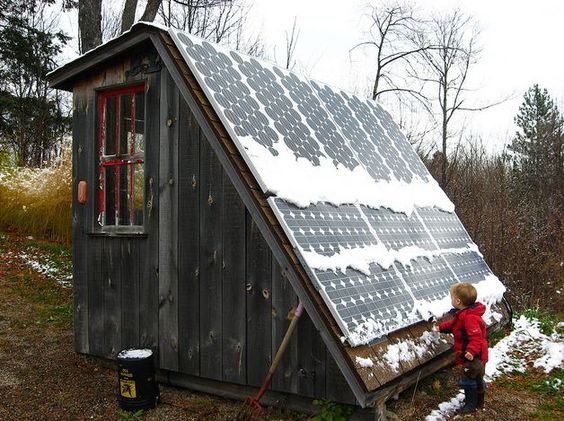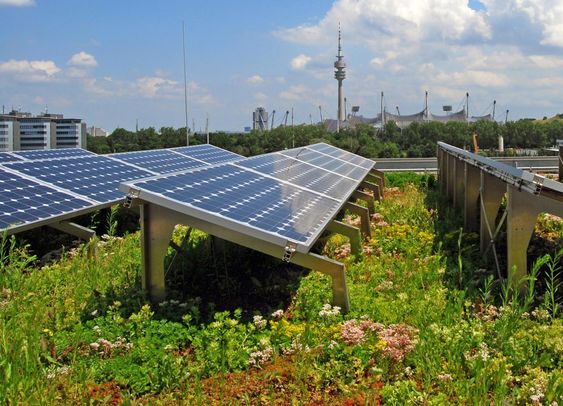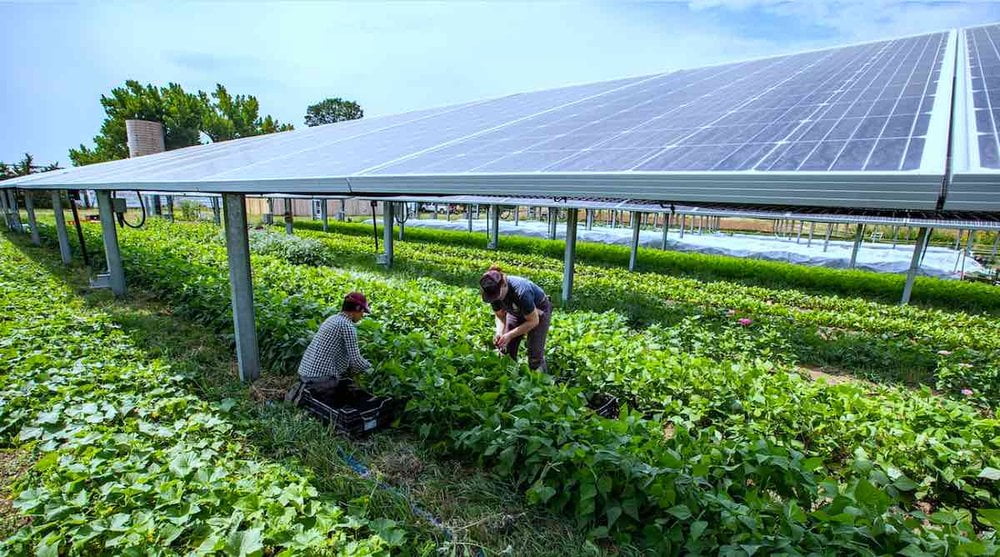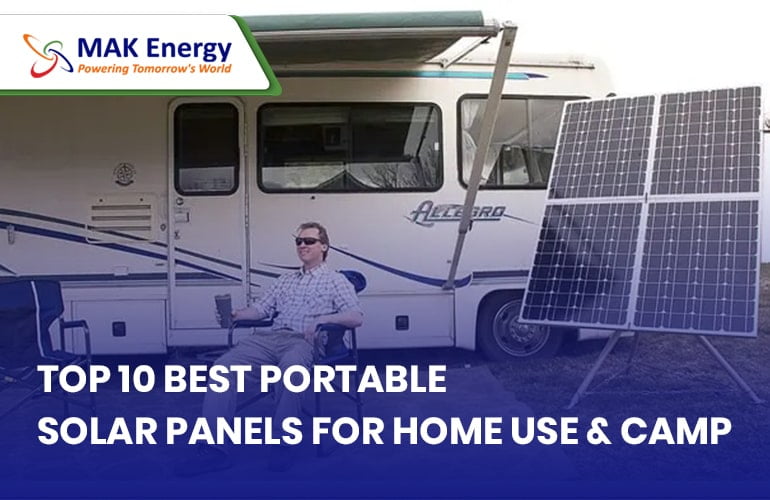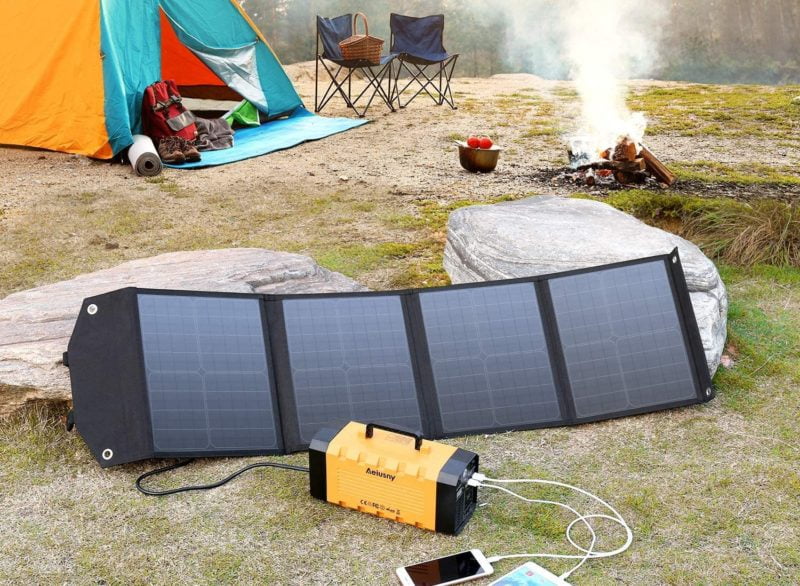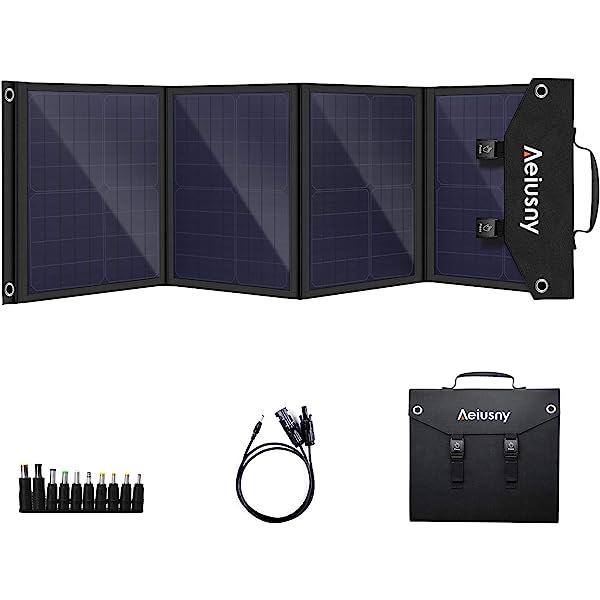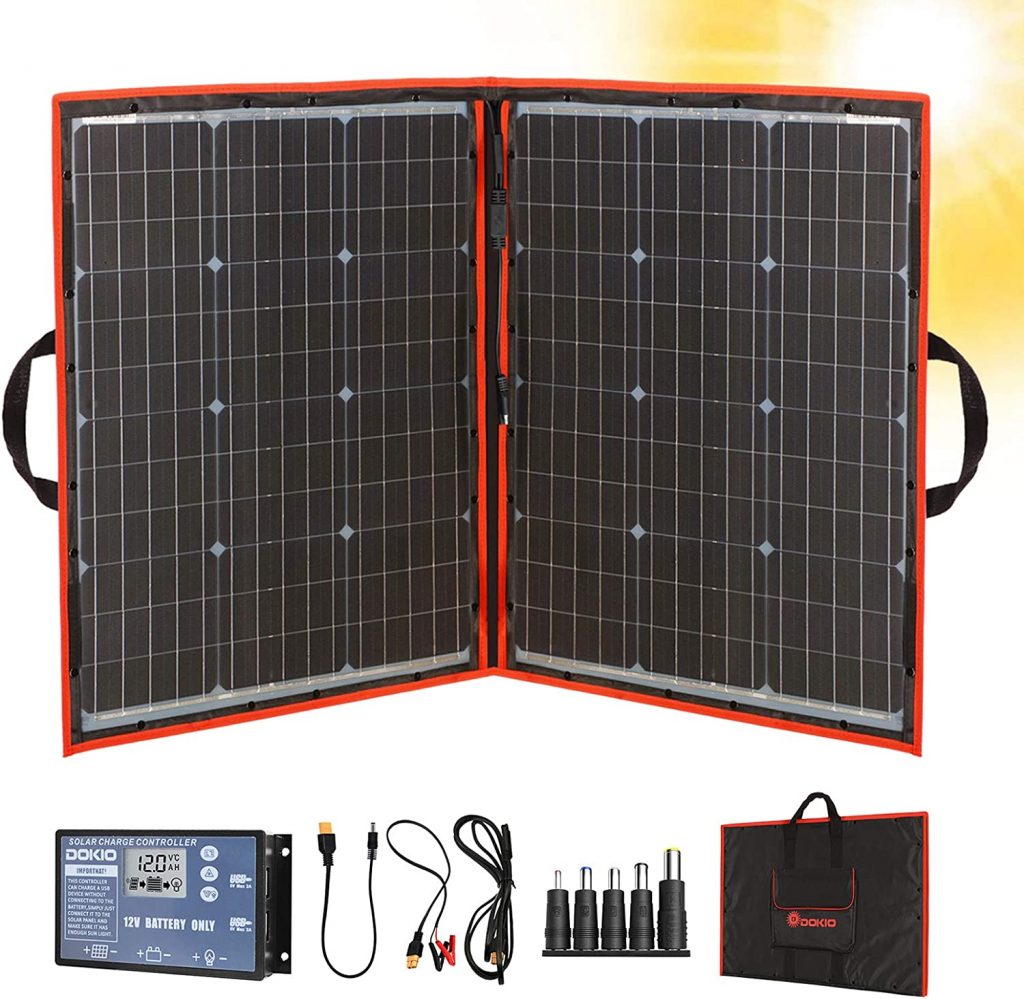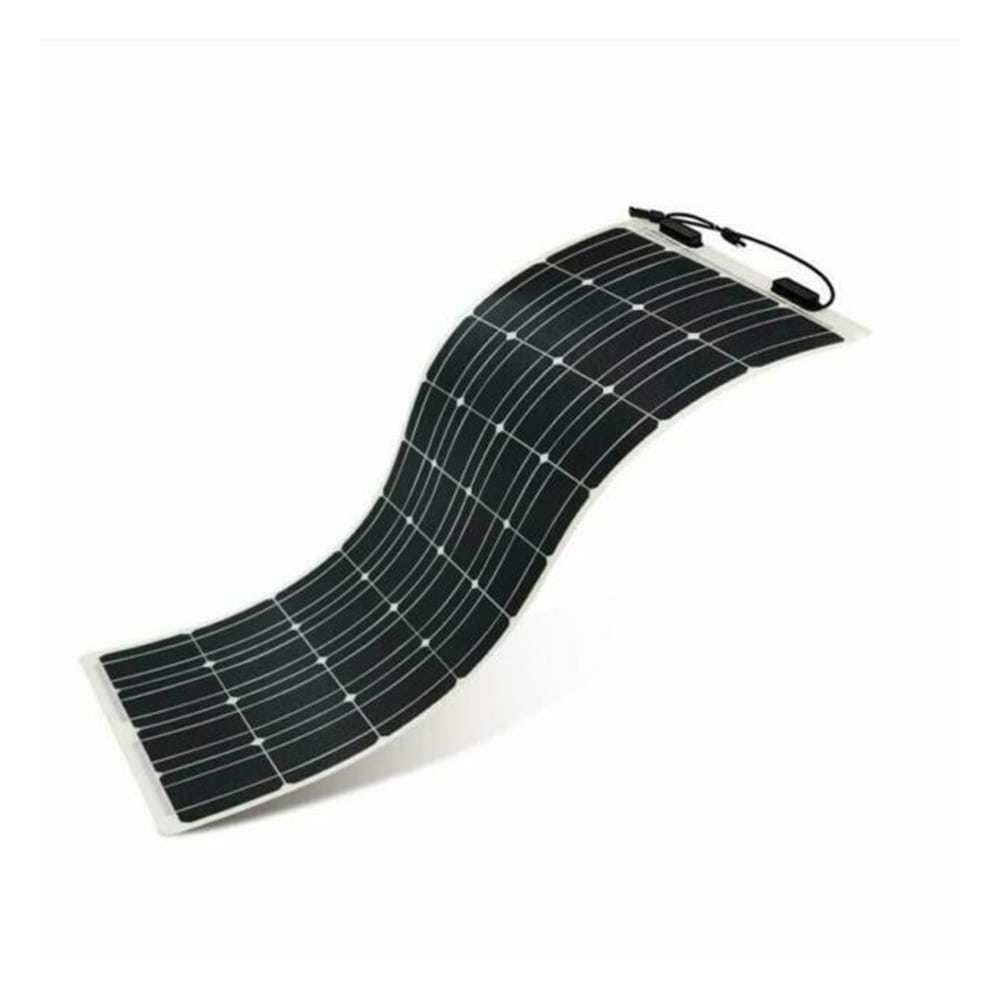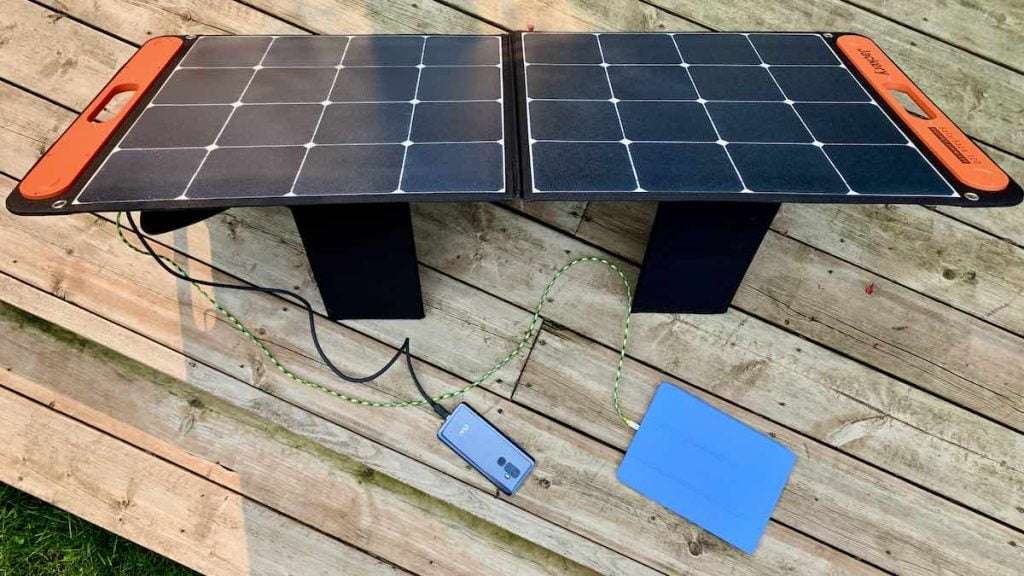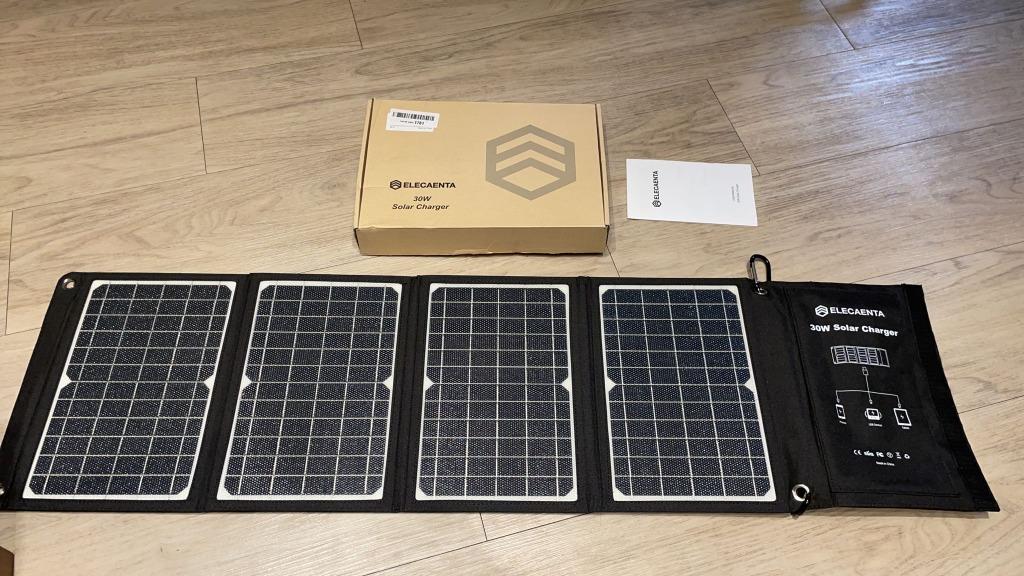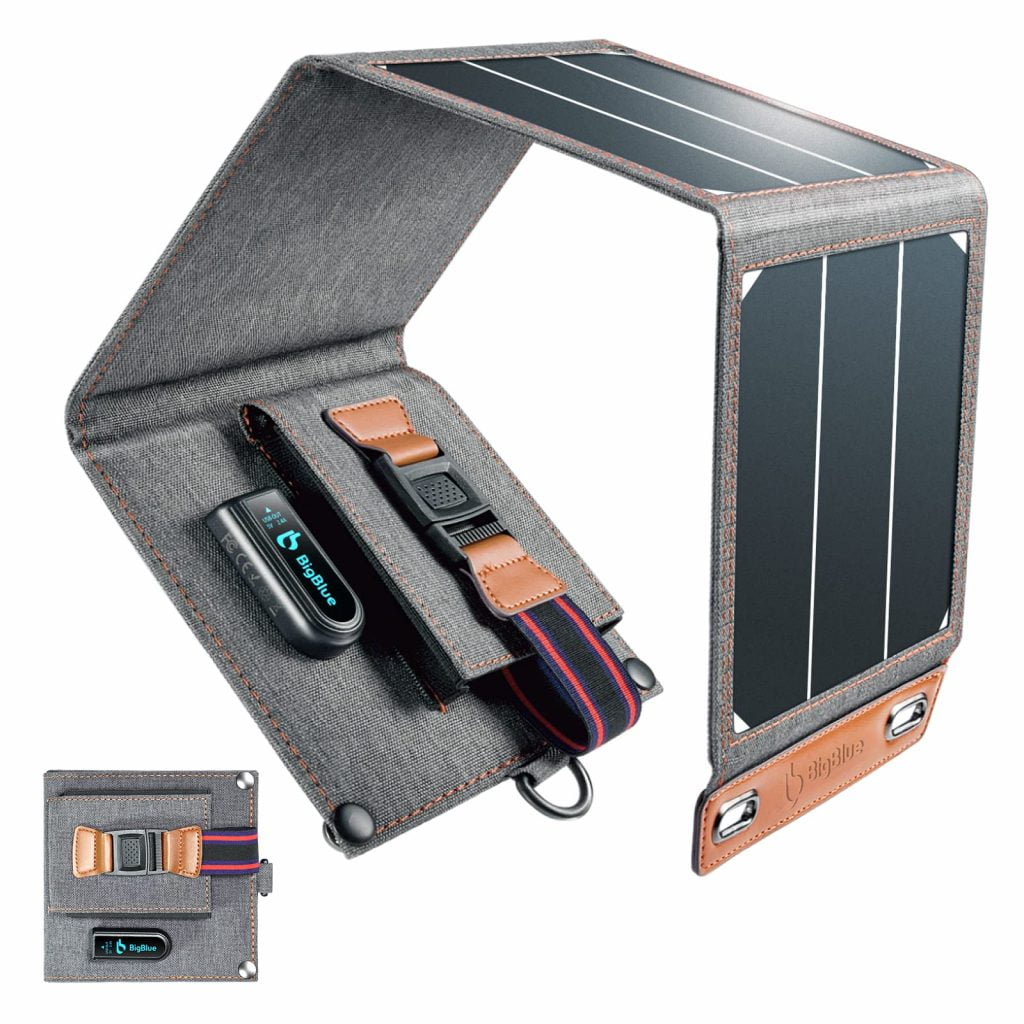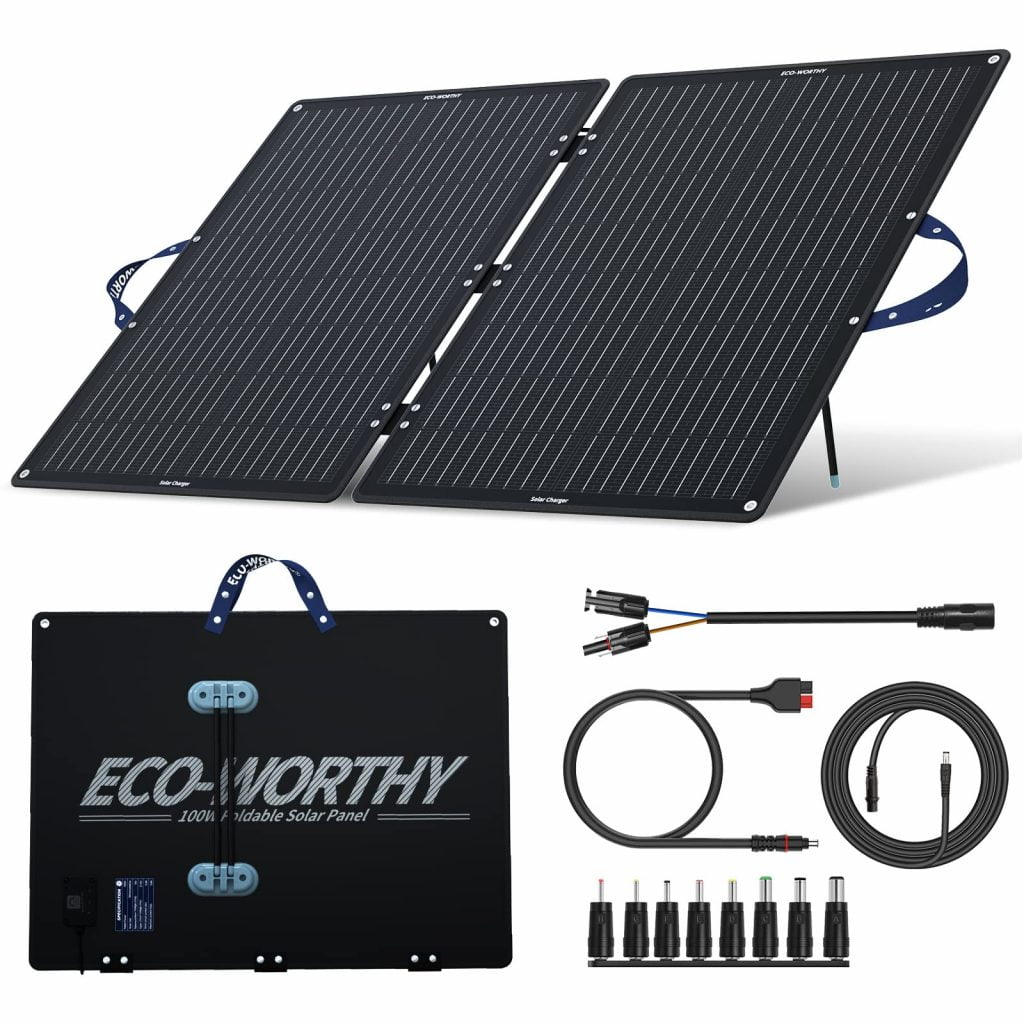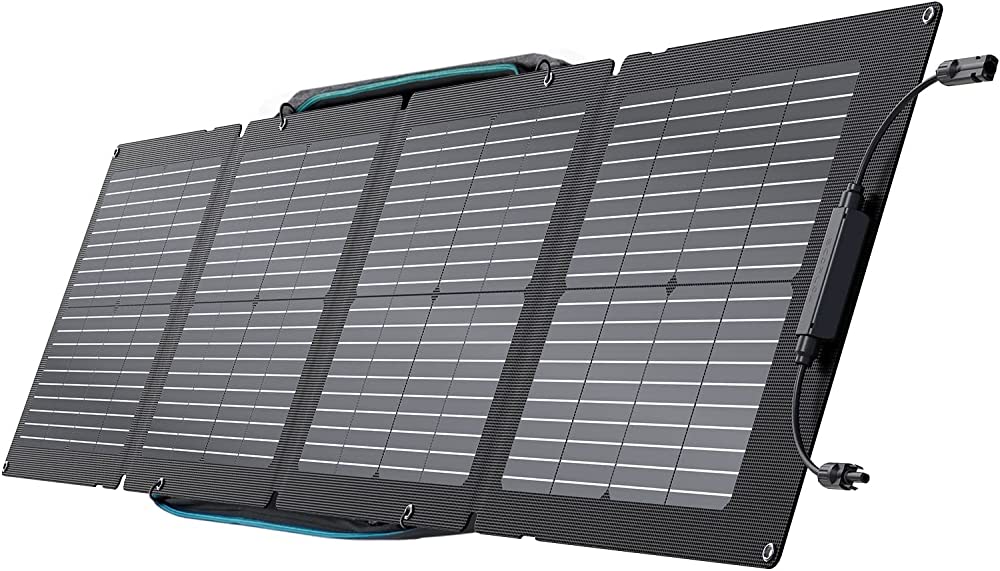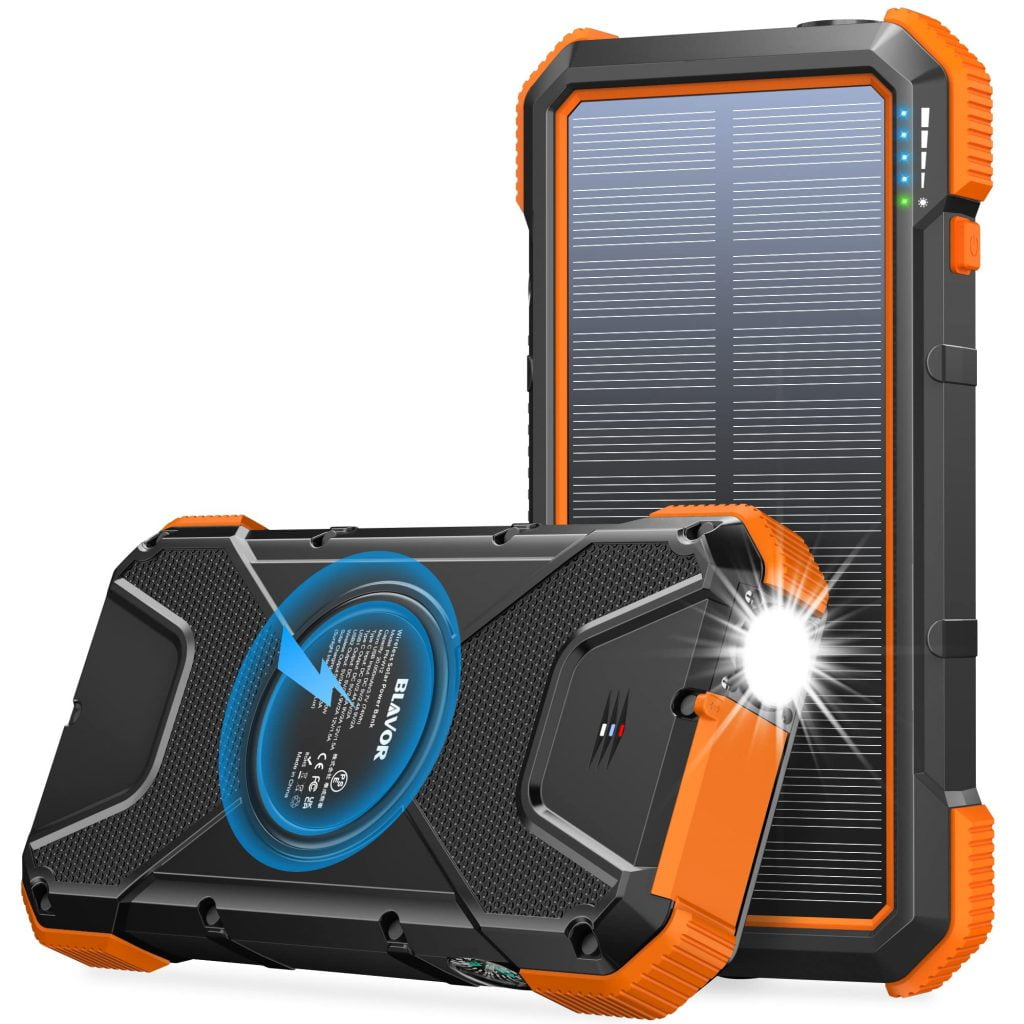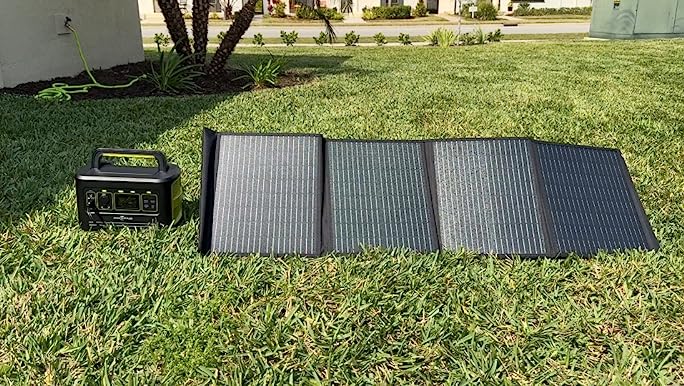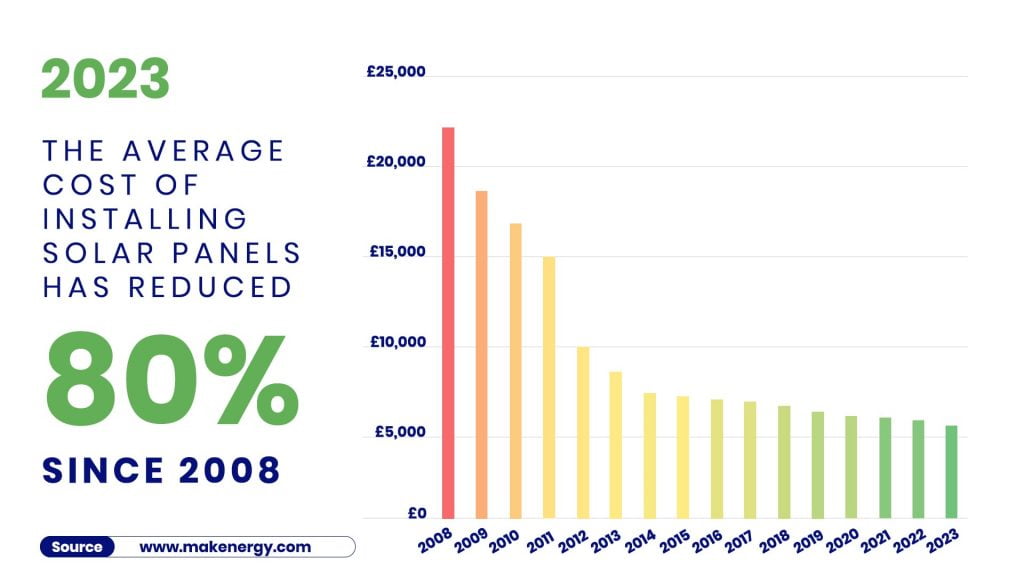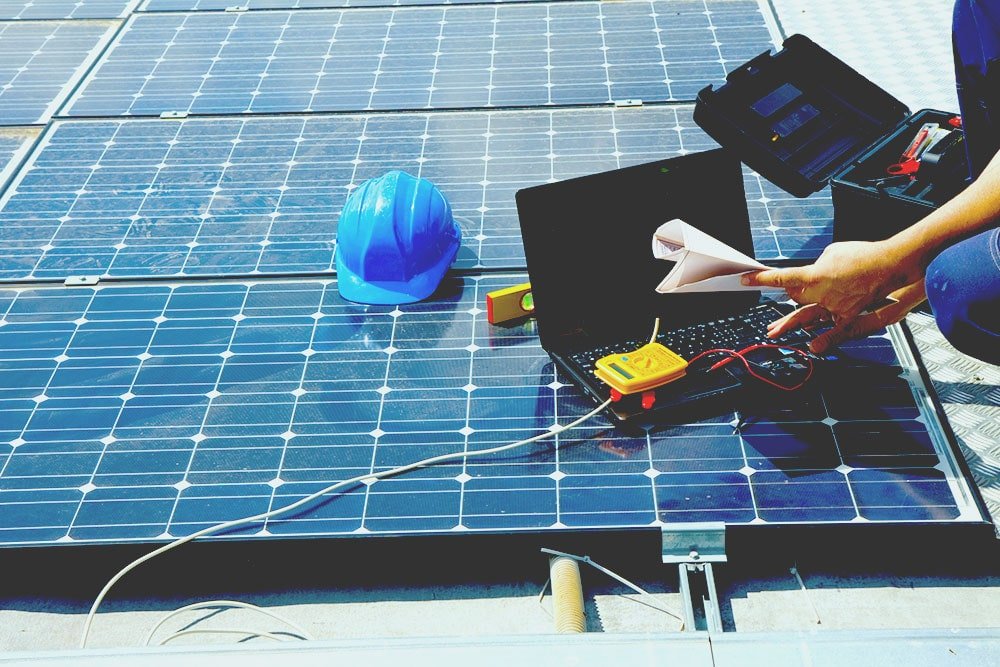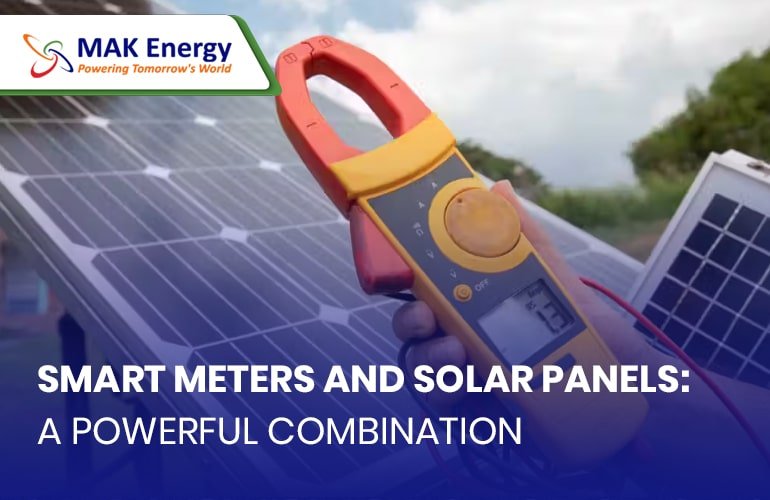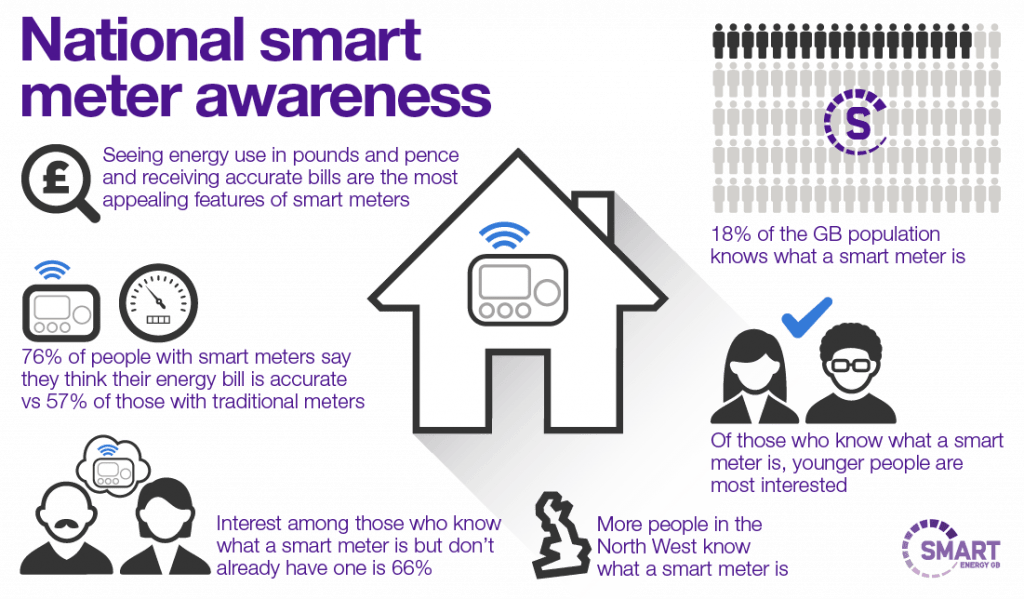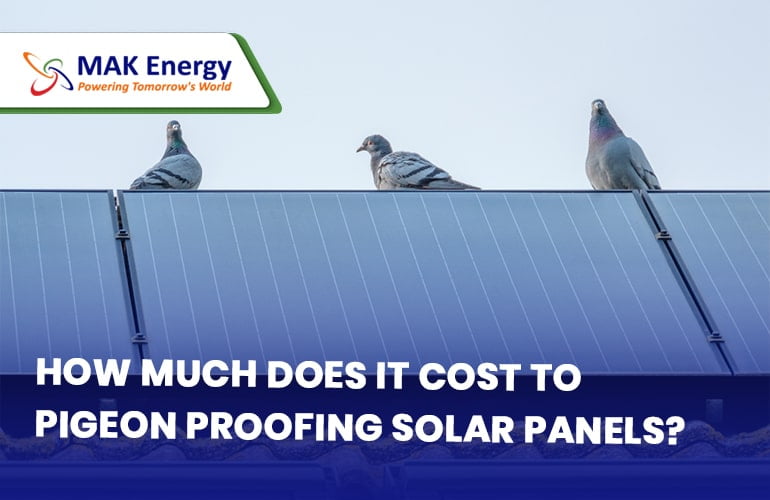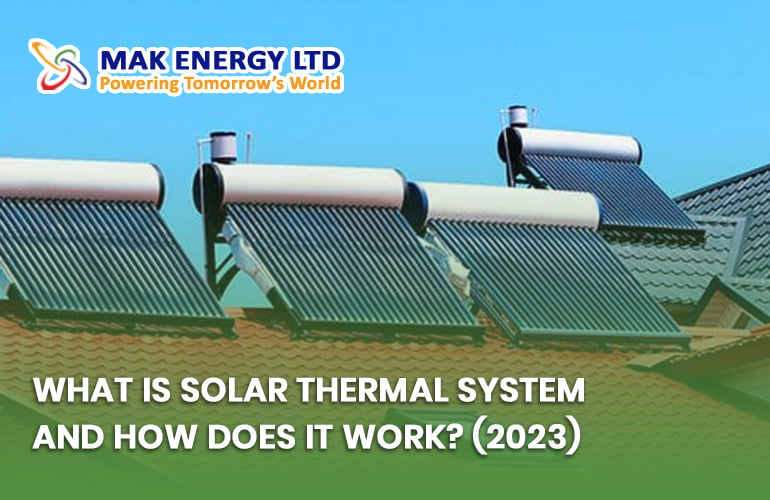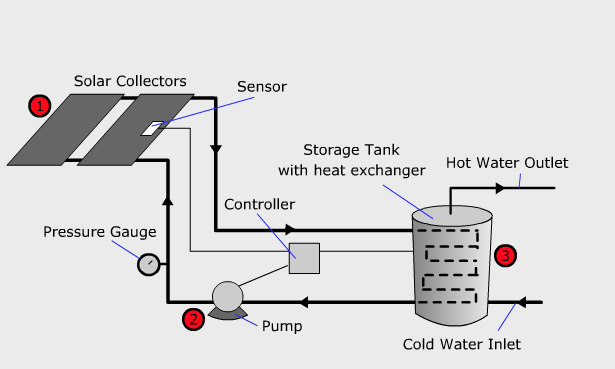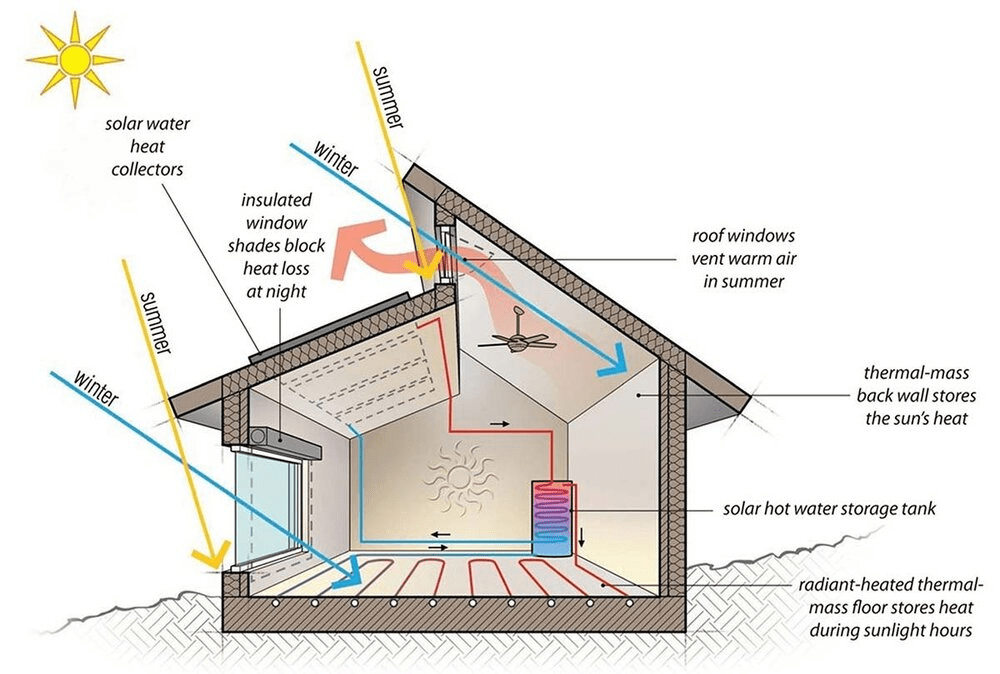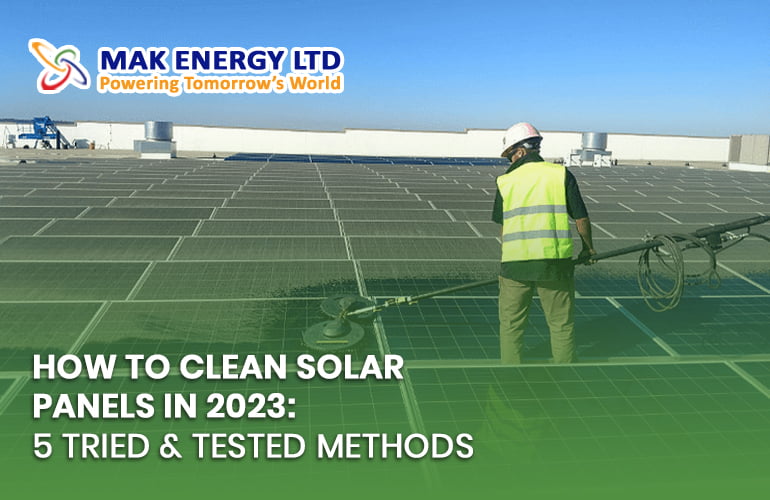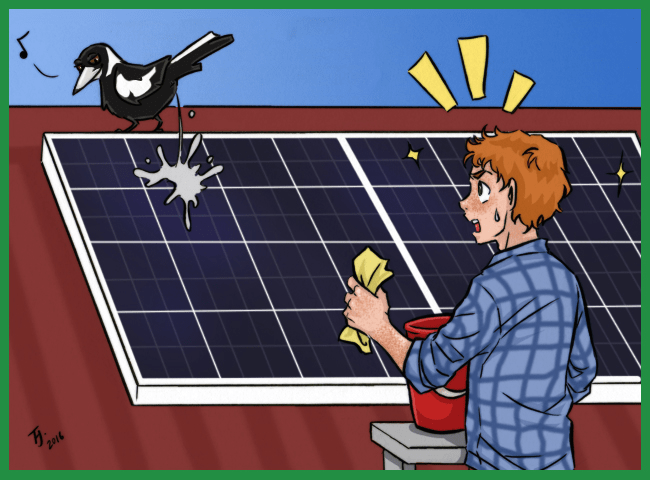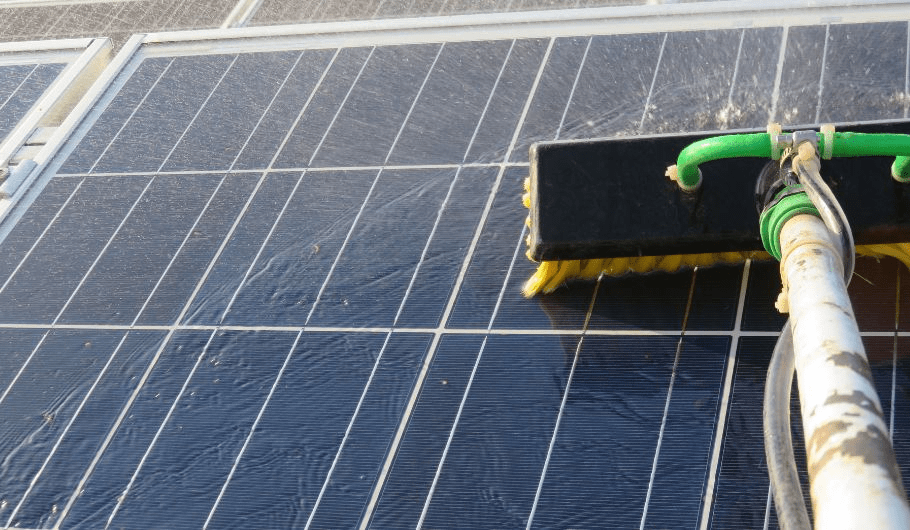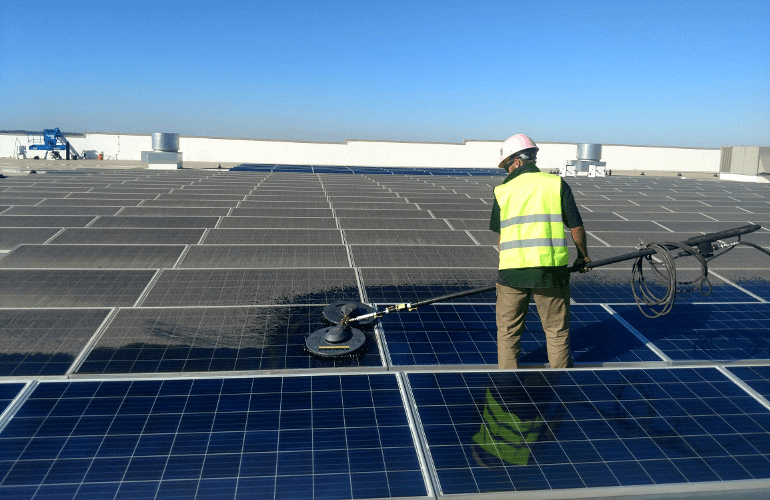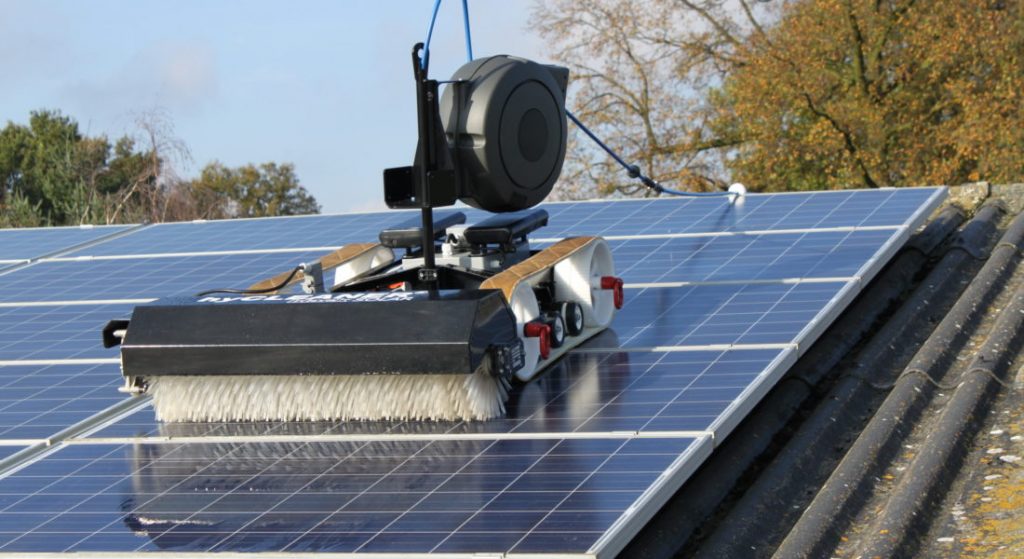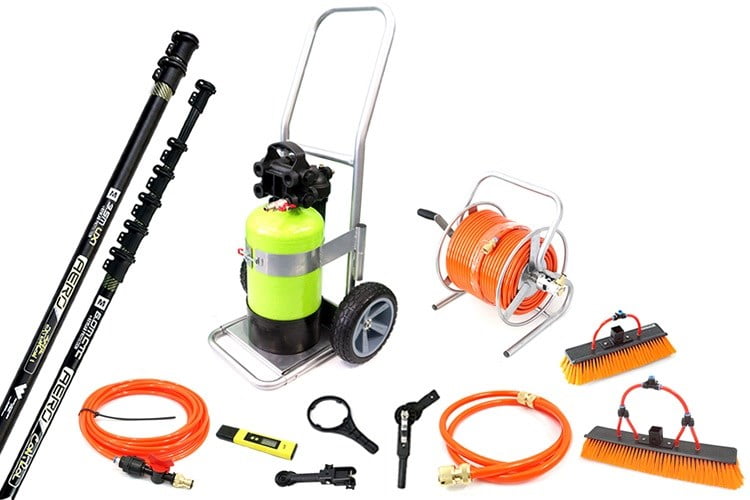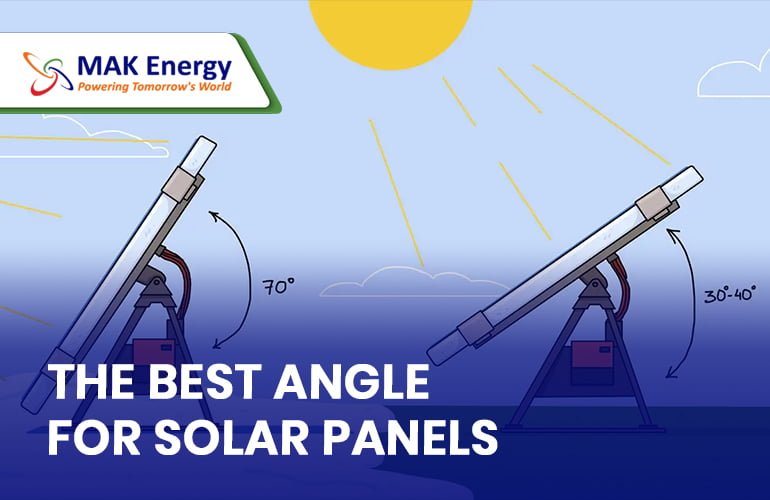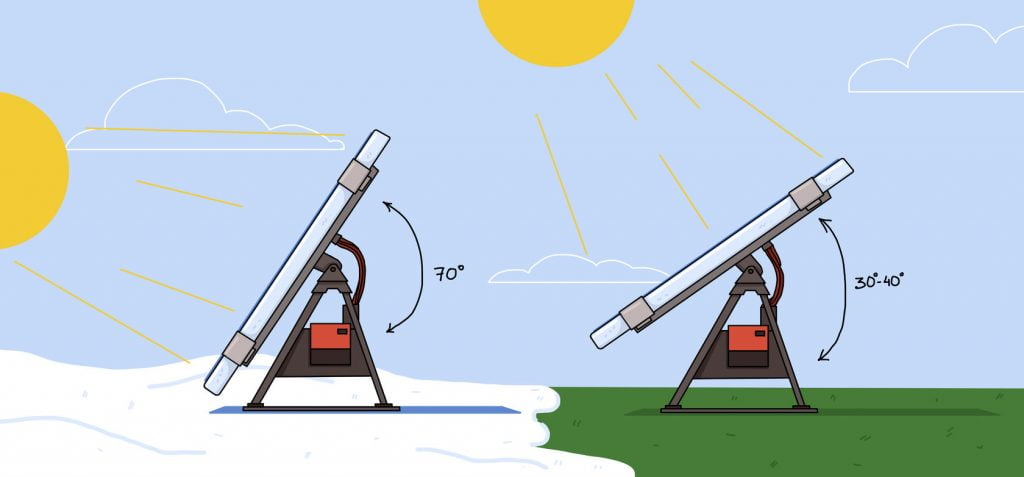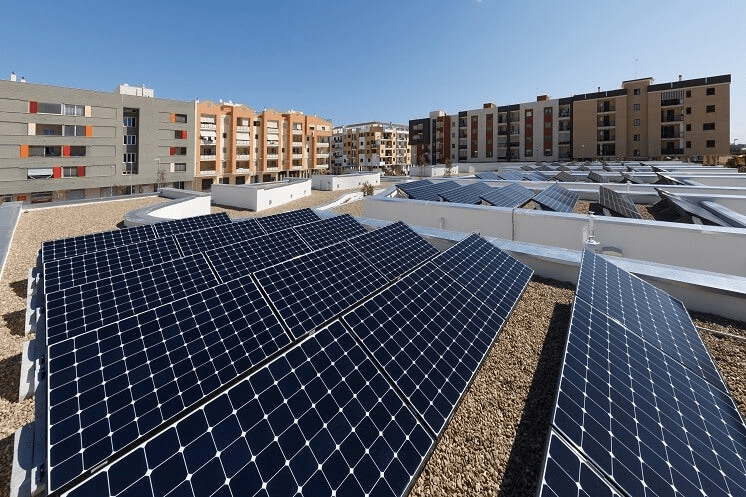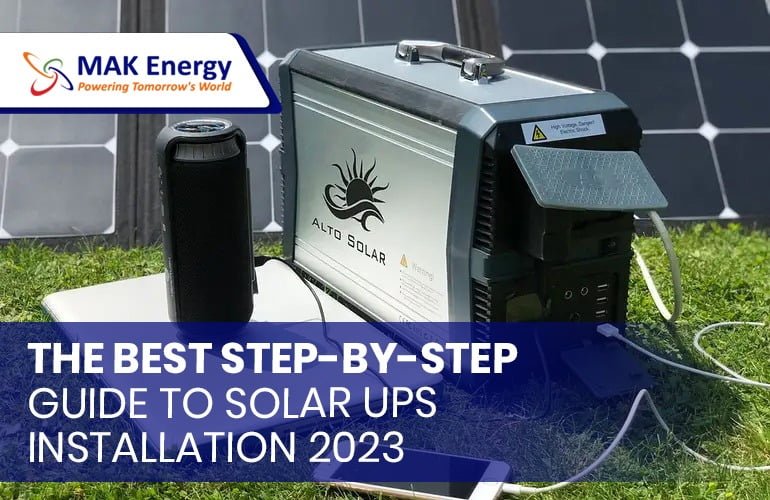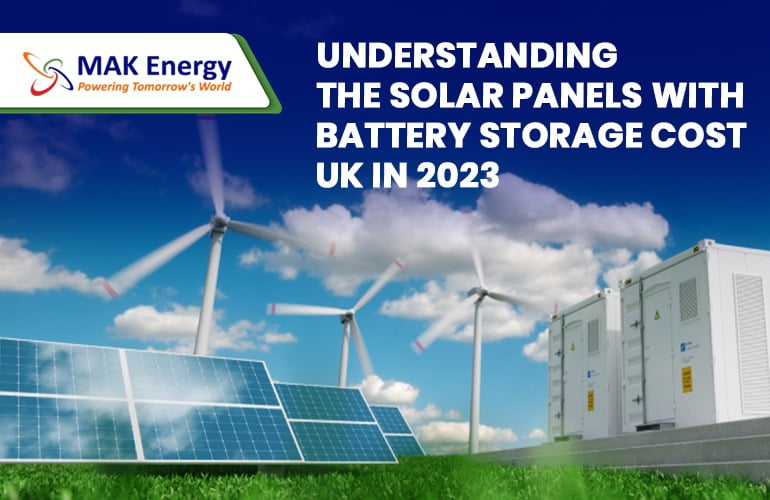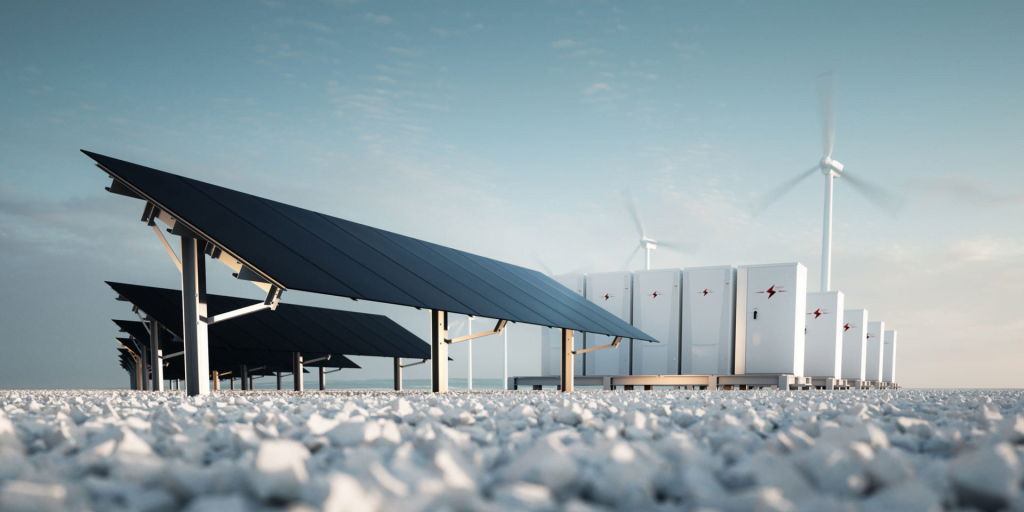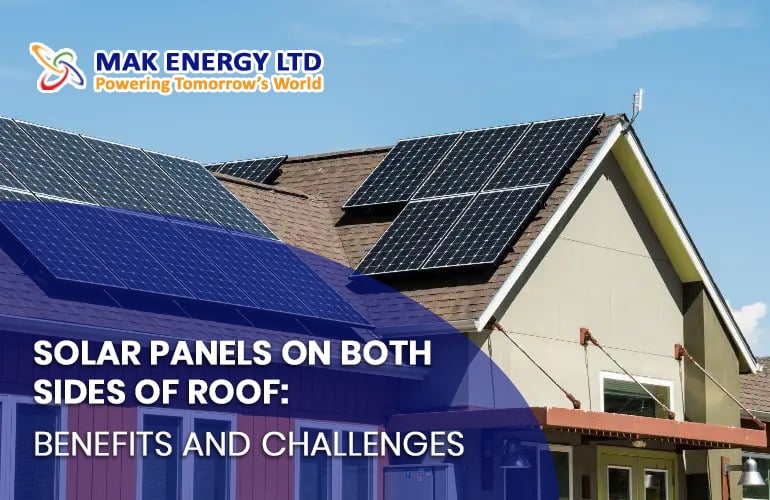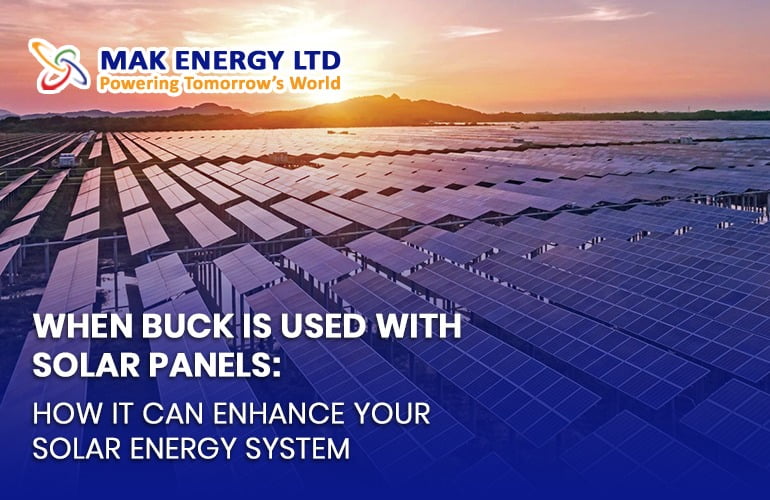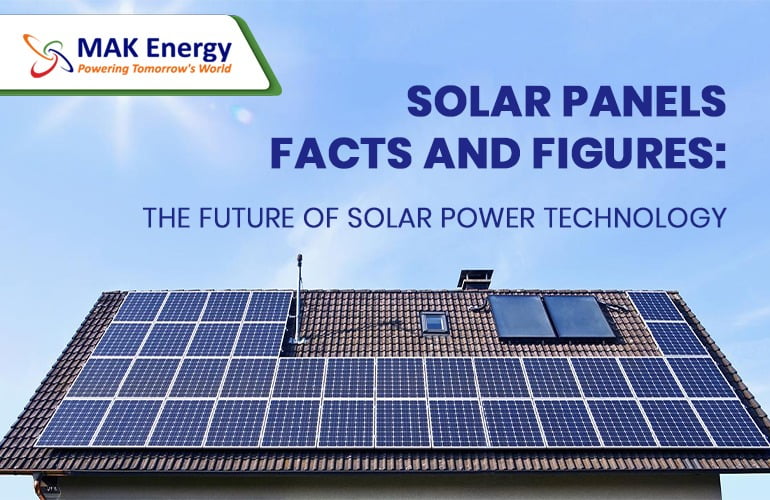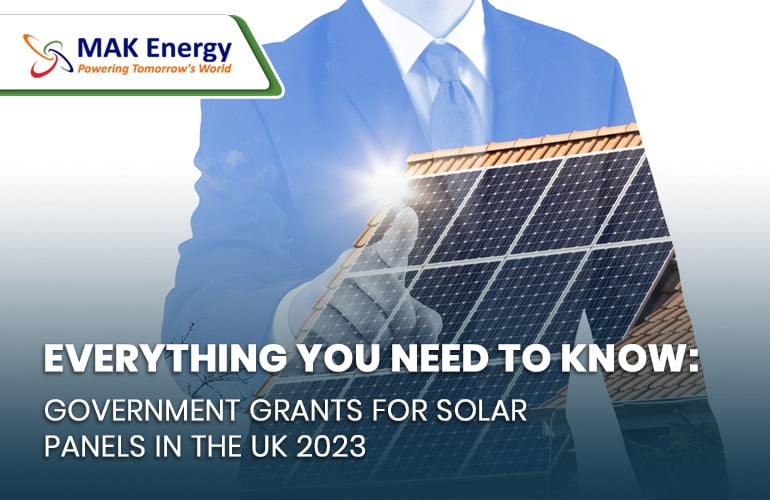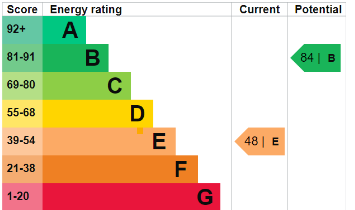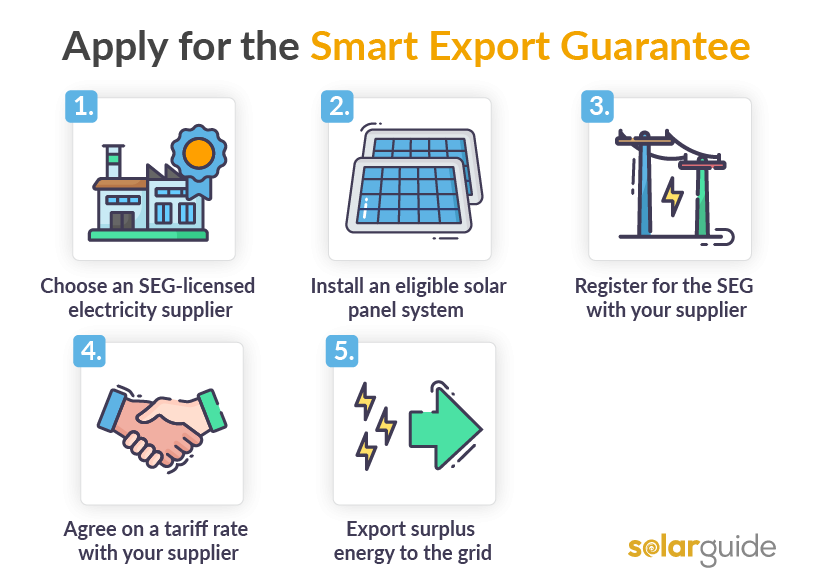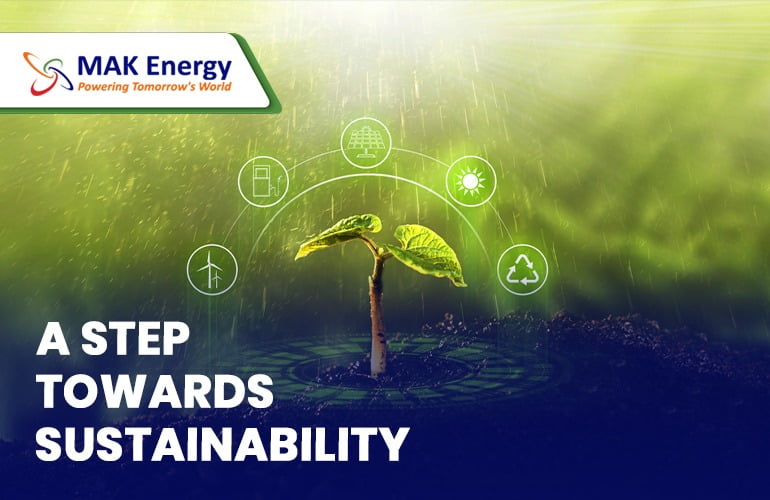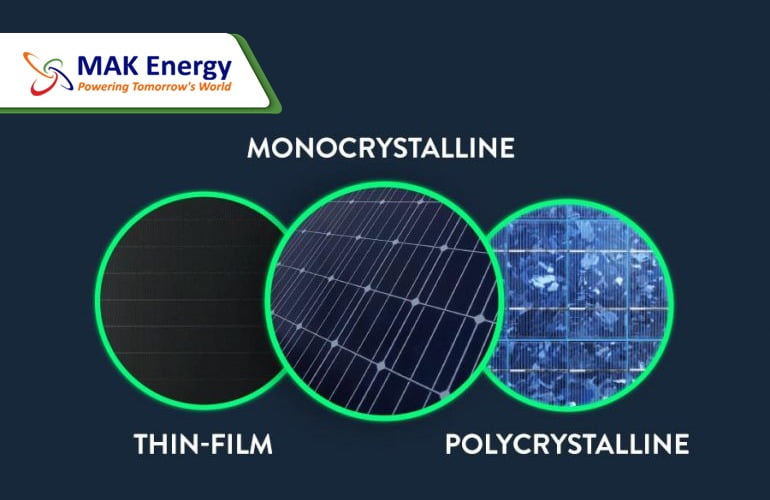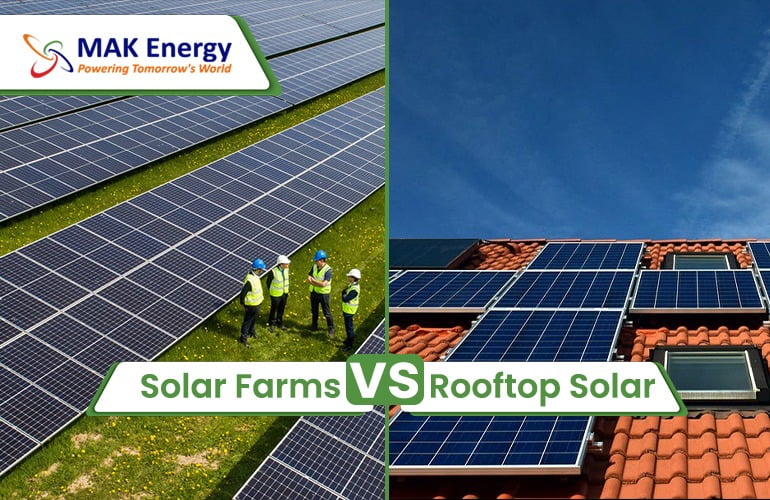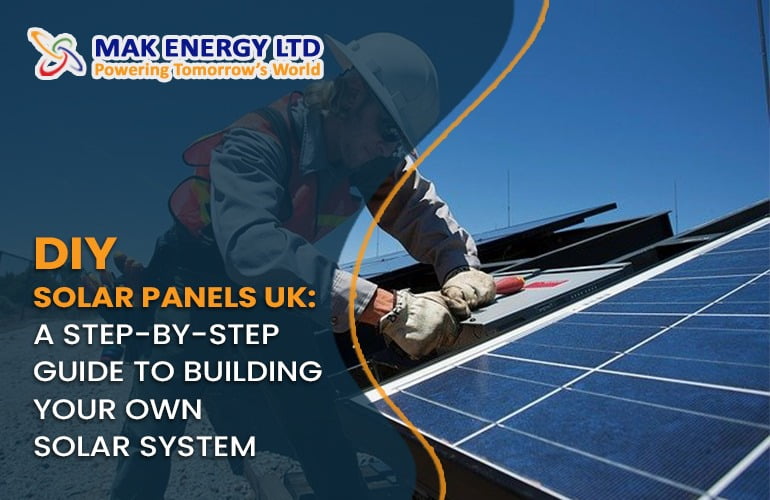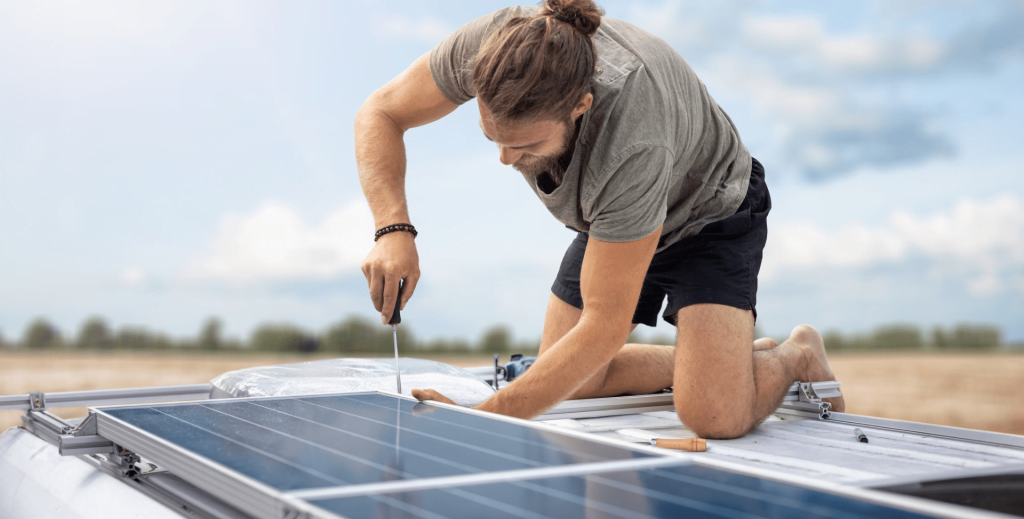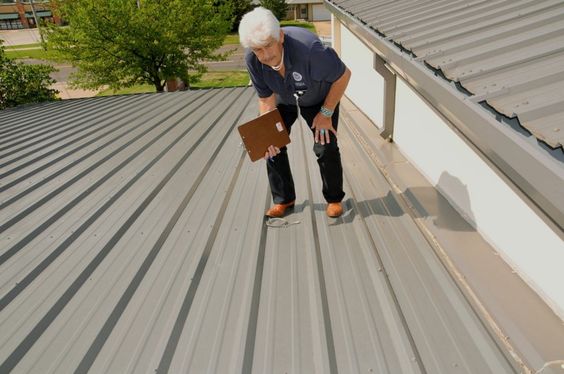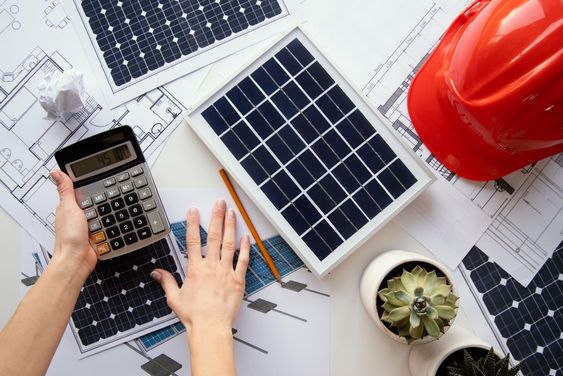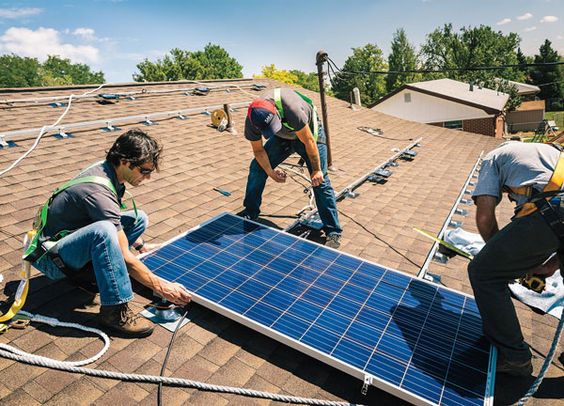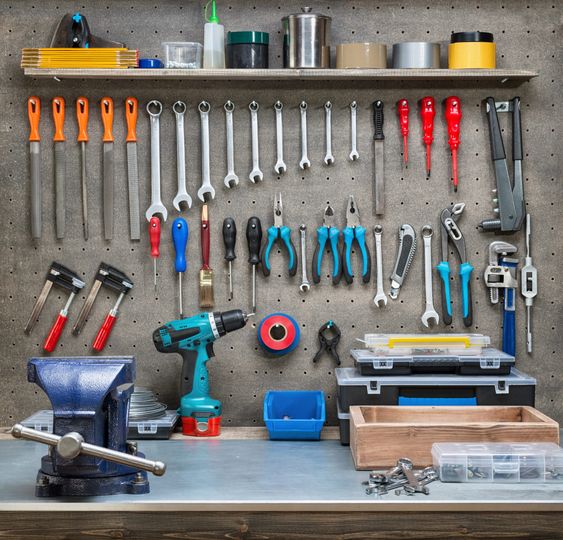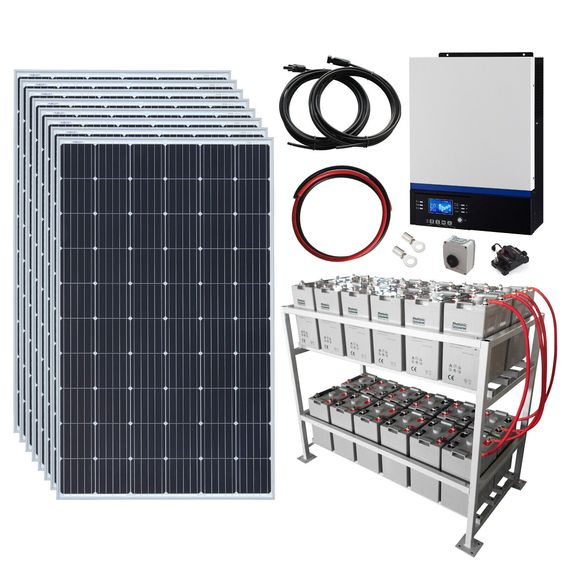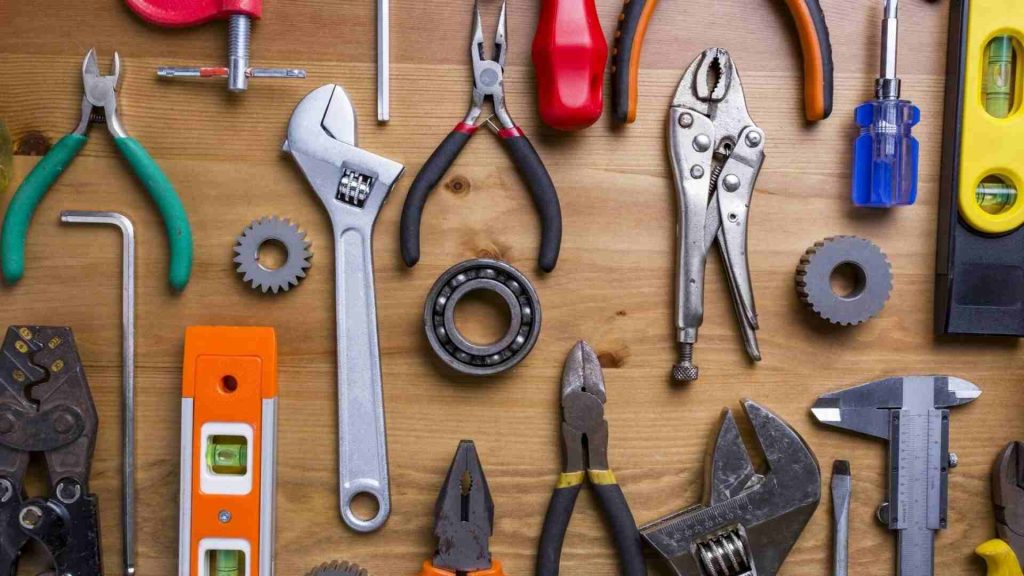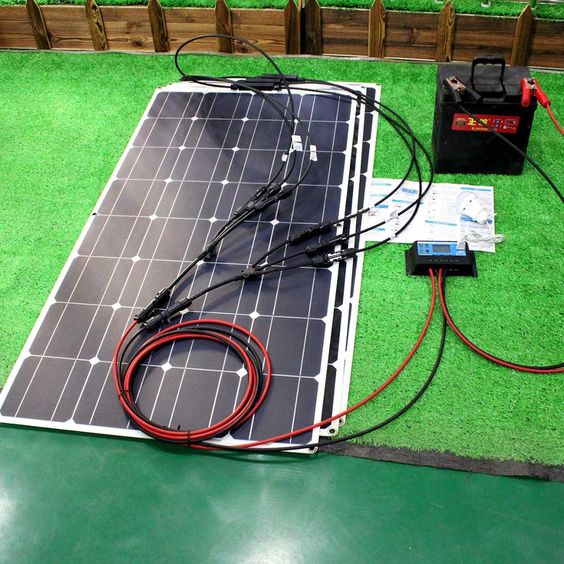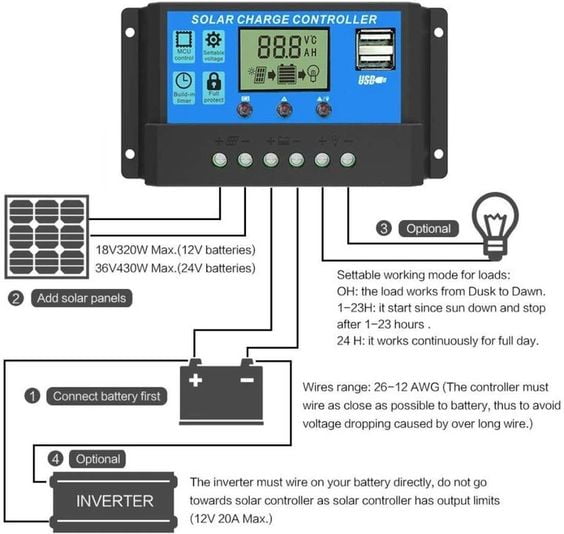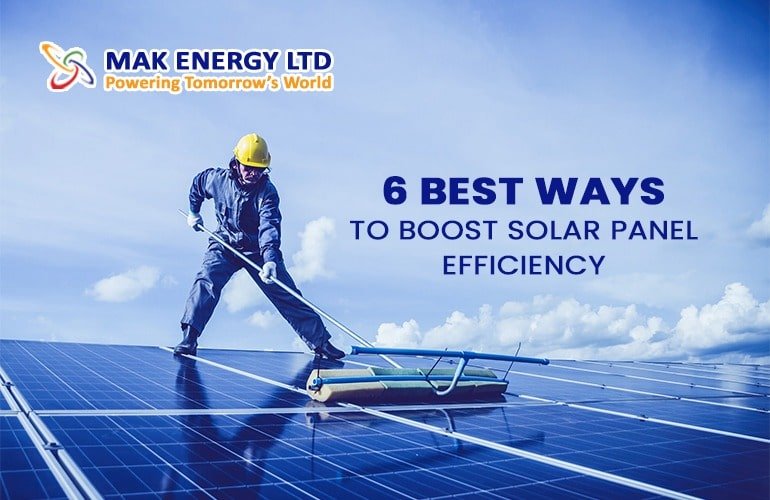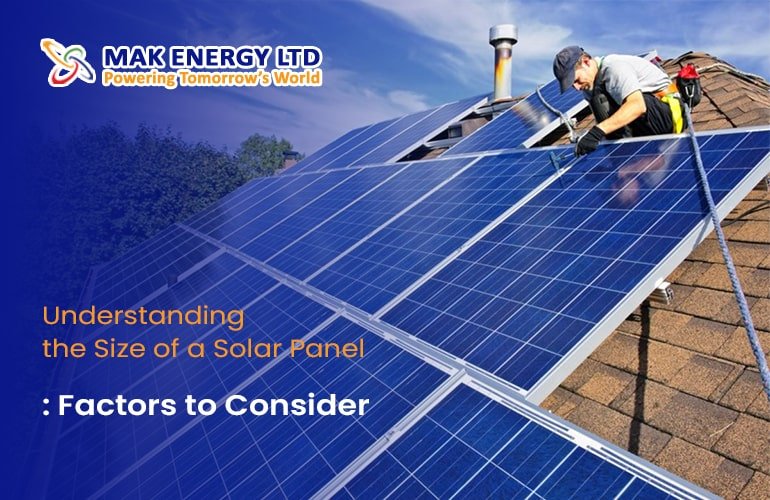Pigeons, those feathery friends of ours, can cause quite a ruckus when it comes to our beloved solar panels. They seem to have an inexplicable attraction to these shiny energy-generating marvels, leaving behind a mess and potential damage. That’s where pigeon proofing comes in. In this blog, we’ll dive into the world of pigeon proofing solar panels, exploring the benefits, methods, importance, and of course, the burning question on everyone’s minds: how much does it cost to pigeon proofing solar panels?
Well, the cost of pigeon proofing for solar panels could be around £300 to £700. However, the price can vary depending on several factors, such as the number of solar panels, the chosen type of pigeon proofing, roof angle, and roof height. By taking measures to protect your solar panels from pigeons, you not only ensure their longevity but also maintain their optimal performance.
Why Pigeon Proofing Solar Panels is Important?
Pigeons and other birds are naturally drawn to solar panel installations due to the ample space they provide for nesting and the warmth generated by the panels. While it may seem harmless at first, bird infestations can lead to serious problems:
1 – Damage to Solar Panels:
Birds, especially pigeons, can cause physical damage to solar panels by pecking at the surface or dislodging crucial components. This damage can compromise the performance and efficiency of the panels, reducing their lifespan.
2 – Reduced Energy Output:
Bird droppings and nesting materials can accumulate on the surface of the panels, blocking sunlight and decreasing energy production. The presence of these obstructions can significantly affect the efficiency of the entire solar panel system.
3 – Fire Hazards:
Pigeon nests are often built with twigs, leaves, and other flammable materials. When placed near electrical components, these nests pose a serious fire hazard, potentially leading to costly damage and endangering lives.
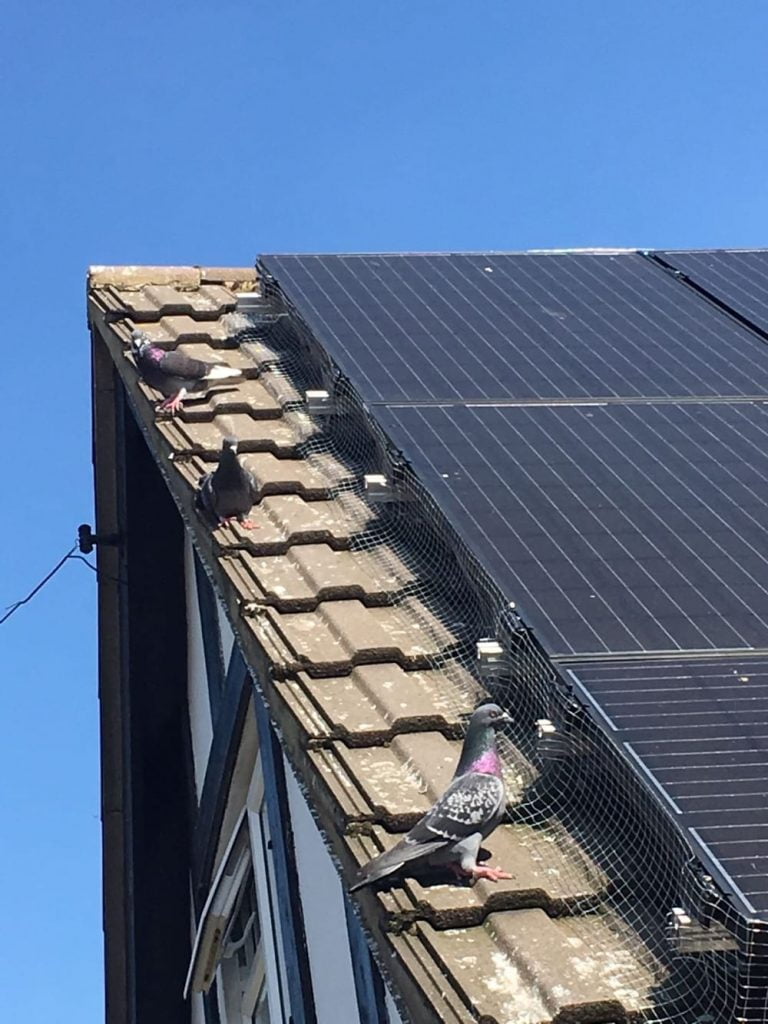
Methods of Pigeon Proofing Solar Panels in UK
Now let’s delve into the various methods available to pigeon proof your solar panels and their associated costs:
In the UK, where pigeon infestations around solar panels are a common problem, there are several effective methods available to pigeon proof your solar panels. These methods aim to prevent pigeons from accessing the area beneath and around the panels, reducing damage, and maintaining the efficiency of your solar panel system. Here are some popular methods of pigeon proofing solar panels in the UK:
-
1 – Mesh Screening:
Installing mesh screening around the perimeter of the solar panels is one of the most common and effective methods of pigeon proofing. The mesh acts as a physical barrier, preventing birds from nesting or roosting under the panels. The mesh should be made of durable materials to withstand weather conditions and securely fastened to the panels. Professional installation is recommended to ensure proper coverage and long-term effectiveness.
2 – Bird Spikes:
Bird spikes are widely used to deter pigeons from landing and nesting on solar panels. These spikes are typically made of stainless steel or plastic and are attached to the edges of the panels. The spikes create an uncomfortable surface for birds to perch on, discouraging them from approaching the panels. Bird spikes are relatively easy to install and can be purchased from bird control suppliers in the UK.
3 – Electric Shock Tracks:
Electric shock tracks provide an advanced and humane method of pigeon proofing solar panels. These tracks deliver a mild electric shock to birds when they attempt to land on the panels, effectively deterring them. The shock is harmless but creates a negative association with the area, making pigeons seek alternative locations. Electric shock tracks should be installed by professionals to ensure proper installation and safety.
4 – Ultrasonic Devices:
Ultrasonic devices emit high-frequency sound waves that are inaudible to humans but repel birds. These devices can be attached to the solar panel frames or placed nearby. The sound waves create an uncomfortable environment for pigeons, encouraging them to avoid the area. Ultrasonic devices are easy to install and can be purchased from bird control suppliers. However, their effectiveness may vary, and they might not provide complete protection on their own.
5 – Chemical Deterrents:
Chemical deterrents, such as bird gels or sprays, can be used to create an unpleasant surface or scent around the solar panel area. These substances make it undesirable for pigeons to land or roost on the panels. It’s essential to choose bird-friendly and environmentally safe products that won’t harm the birds or the panels. Consult with bird control experts or suppliers to select appropriate and effective chemical deterrents.
-
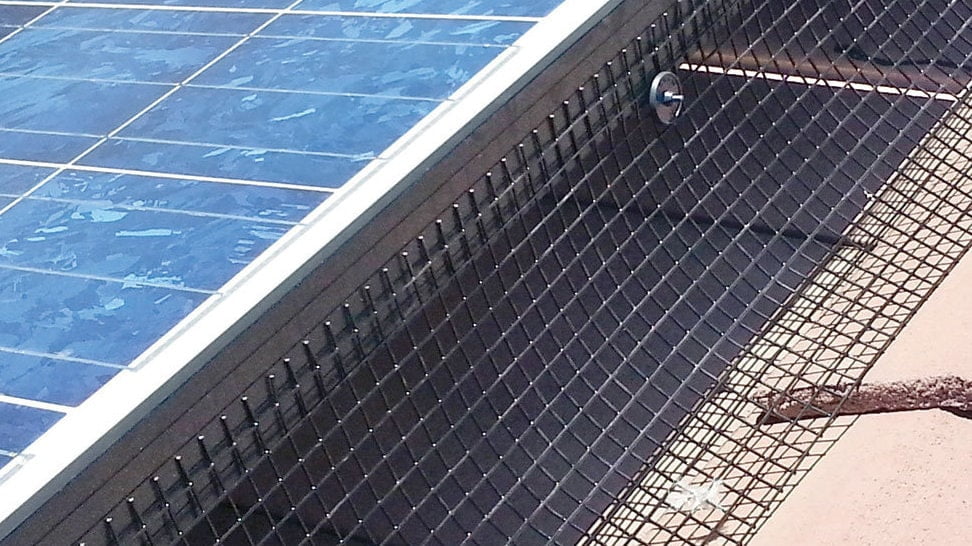
How Much Does it Cost to Pigeon Proofing Solar Panels?
In most cases, the cost of pigeon proofing ranges from £300 to £700, but the benefits you receive far outweigh the expense. The price range for pigeon proofing can be influenced by factors such as solar panel size, type of proofing, and roof height. Here are detailed insights into the costs associated with various types of pigeon proofing for solar panels.
1 – Mesh Screening:
Mesh screening is a common and effective method of pigeon proofing solar panels. The mesh creates a physical barrier, preventing birds from accessing the area beneath the panels. The cost of mesh screening varies depending on the size of the installation and the quality of the materials used. On average, you can expect to pay between £300 and £800 for mesh screening, including installation.
2 – Bird Spikes:
Bird spikes are widely used to deter pigeons from landing and nesting on solar panels. These spikes create an uncomfortable surface, making it difficult for birds to perch. The cost of bird spikes depends on the number of panels and the quality of the spikes. On average, the cost ranges from £100 to £400, including installation.
3 – Electric Shock Tracks:
Electric shock tracks provide an advanced and humane method of pigeon proofing solar panels. These tracks deliver a mild electric shock to birds when they land on the panels, effectively deterring them. The cost of electric shock tracks depends on the size of the solar panel array and the complexity of the installation. On average, you can expect to pay between £500 and £1,500, including installation.
4 – Ultrasonic Devices:
Ultrasonic devices emit high-frequency sound waves that are inaudible to humans but repel birds. These devices can be attached to the solar panel frames or placed nearby. The cost of ultrasonic devices varies depending on the number of panels and the quality of the devices. On average, you can expect to pay between £100 and £300 for ultrasonic devices.
5 – Chemical Deterrents:
Chemical deterrents, such as bird gels or sprays, can be applied around the solar panel area to discourage birds from nesting. These substances create an unpleasant surface or scent for the birds. The cost of chemical deterrents depends on the size of the installation and the type of product used. On average, the cost ranges from £50 to £200 for chemical deterrents.
It’s important to note that these cost estimates are approximate and can vary based on factors such as the size of the solar panel installation, the complexity of the project, and the specific materials or products chosen.
Factors Affecting the Cost of Pigeon Proofing Solar Panels
Several factors can influence the overall cost of pigeon proofing your solar panels:
-
1 – Size of the Solar Panel Array:
The larger the solar panel installation, the more materials and labor will be required, resulting in higher cost for pigeon proofing.
2 – Accessibility:
If the solar panels are located in hard-to-reach areas or on rooftops, additional equipment and manpower may be needed, increasing the overall cost.
3 – Chosen Method:
Each pigeon proofing method comes with its own cost implications, and the decision will depend on the severity of the pigeon infestation, the level of desired protection, and your budget.
DIY Methods to Pigeon Proof & Cost
If you’re looking for DIY methods to pigeon proof your solar panels in the UK, there are a few cost-effective options available. While these methods may not provide the same level of effectiveness as professional solutions, they can serve as temporary deterrents until a more permanent solution can be implemented. DIY methods to pigeon proof your solar panels and their associated costs:
1 – Netting:
Purchase bird netting made of durable materials such as polypropylene or nylon. Attach the netting around the perimeter of the solar panels using zip ties or clips. The cost of bird netting varies depending on the size of your solar panel array and the quality of the material. On average, you can expect to spend between £20 and £50 for netting.
2 – Visual Deterrents:
Pigeons are often scared away by visual deterrents that resemble predators. Hang shiny objects such as CDs, aluminum foil strips, or reflective tape near the solar panels. These reflective objects create movement and flashes of light, which can deter birds. The cost of visual deterrents is minimal, as you can repurpose items you already have at home.
3 – Spikes or Wires:
Place plastic or metal spikes or wires on the edges of the solar panels where pigeons tend to land. These spikes make it uncomfortable for birds to perch or nest on the panels. The cost of spikes or wires depends on the length required and the material used. On average, you can expect to spend between £10 and £30 for spikes or wires.
4 – Repellent Sprays:
Use bird repellent sprays that are safe for the environment and won’t harm the birds or solar panels. Apply the spray around the solar panel area, focusing on potential landing or nesting spots. The cost of bird repellent sprays varies depending on the brand and size of the bottle. On average, you can expect to spend between £5 and £20 for a bottle of bird repellent spray.
5 – Motion-Activated Sprinklers:
Install motion-activated sprinklers near the solar panel area. When birds approach, the sprinklers will activate and spray water, startling and deterring them. This method takes advantage of the pigeons’ aversion to water. The cost of motion-activated sprinklers varies depending on the brand and features. On average, you can expect to spend between £30 and £70 for a motion-activated sprinkler system.
6 – Wire Grids:
Create a wire grid using thin wires or monofilament fishing line. Place the wires or lines in a crisscross pattern above the solar panels, ensuring that the gaps are small enough to prevent birds from entering. This method creates a physical barrier that makes it difficult for pigeons to access the panels. The cost of wire grids depends on the length and quantity of wires or lines needed. On average, you can expect to spend between £10 and £30 for wire grid materials.
7 – Predator Decoys:
Place decoys of predators such as plastic owls or falcons near the solar panels. The presence of these decoys can help deter pigeons from approaching the area. Move the decoys periodically to maintain their effectiveness. The cost of predator decoys varies depending on the type and quality. On average, you can expect to spend between £10 and £30 for a predator decoy.
8 – Physical Barriers:
Create physical barriers around the solar panel area using materials like PVC pipes or chicken wire. These barriers can be installed as frames around the panels or as structures above the panels. The cost of physical barriers depends on the size and materials used. On average, you can expect to spend between £20 and £50 for materials to construct physical barriers.
9 – Spinning Devices:
Install spinning devices near the solar panel area. These devices use wind or mechanical movement to spin and create a deterrent for pigeons. Examples include spinning pinwheels or wind-driven bird deterrents. The cost of spinning devices varies depending on the type and size. On average, you can expect to spend between £5 and £20 for spinning devices.
10 – Bird Repellent Gel:
Apply bird repellent gel on surfaces around the solar panel area where pigeons tend to land or roost. The gel creates a sticky surface that birds find uncomfortable. Ensure that the gel used is safe for the environment and won’t cause any damage to the panels. The cost of bird repellent gel varies depending on the brand and quantity. On average, you can expect to spend between £10 and £30 for bird repellent gel.
11 – Bird Balloons or Kites:
Inflate bird balloons or fly bird-shaped kites near the solar panel area. The movement and appearance of these objects can help deter pigeons. Ensure that the balloons or kites are designed specifically to deter birds and are made of durable materials. The cost of bird balloons or kites varies depending on the type and quality. On average, you can expect to spend between £5 and £20 for bird balloons or kites.
12 – Scare Tape:
Hang reflective scare tape near the solar panels. The tape produces metallic noises and reflects sunlight, creating a visual and auditory deterrent for pigeons. Ensure that the tape is securely attached and can withstand weather conditions. The cost of scare tape varies depending on the length and quality. On average, you can expect to spend between £5 and £15 for scare tape.
Remember, these DIY methods may provide temporary relief, but for a more effective and long-term solution, consulting with professional solar panel installers or bird control experts is recommended. They can assess your specific situation and provide tailored recommendations for effective pigeon proofing of your solar panels.
Breakdown of Costs Involved when Pigeon Proofing Solar Panels
When pigeon proofing solar panels, there are several costs to consider. The specific breakdown of costs will vary depending on the chosen method and whether you opt for a professional installation or a DIY approach. Here’s a general breakdown of the costs involved:
1 – Materials:
The cost of materials will depend on the chosen pigeon proofing method. For example, if you opt for mesh screening, bird spikes, or wire grids, you’ll need to purchase the appropriate materials such as mesh, spikes, wires, or PVC pipes. The cost of materials can range from £10 to £100, depending on the size of your solar panel array and the quality of the materials chosen.
2 – Installation Tools:
If you decide to tackle the installation yourself, you may need to invest in certain tools or equipment. These tools can include zip ties, clips, wire cutters, drills, or screws. The cost of installation tools can vary, but you can expect to spend between £10 and £50, depending on your existing tool collection and the specific requirements of your chosen method.
3 – Professional Installation:
If you prefer a professional installation, you’ll need to consider the cost of hiring a bird control specialist or a solar panel installer. Professional installation ensures proper placement and effectiveness of the pigeon proofing measures. The cost of professional installation can range from £100 to £500, depending on the complexity of the project and the method chosen.
4 – Additional Equipment:
Some pigeon proofing methods may require additional equipment, such as motion-activated sprinklers, ultrasonic devices, or bird repellent gels. The cost of these additional equipment items can vary, ranging from £10 to £200, depending on the specific product and brand.
5 – Maintenance and Replacement:
It’s important to consider ongoing maintenance and potential replacement costs for certain pigeon proofing methods. For example, spikes or wires may require periodic inspections and maintenance to ensure they remain effective. Over time, some materials may degrade or need to be replaced. The cost of maintenance and replacement will depend on the specific method chosen and any associated materials required.
Conclusion
Hopefully, you have got a helpful answer to how much does it cost to pigeon proofing solar panels? However, pigeon proofing your solar panels is crucial to maintaining their efficiency, prolonging their lifespan, and preventing potential hazards. The cost of pigeon proofing methods can vary significantly depending on the size of the installation, chosen method, and other factors. Mesh screening, bird spikes, electric shock tracks, ultrasonic devices, and chemical deterrents are some of the effective options available.
It’s essential to consult with a professional solar panel installer or a bird control expert to assess your specific situation and recommend the most appropriate pigeon-proofing method. By investing in proper pigeon-proofing measures, you can ensure the longevity and optimal performance of your solar panel system, ultimately saving you time and money in the long run.
